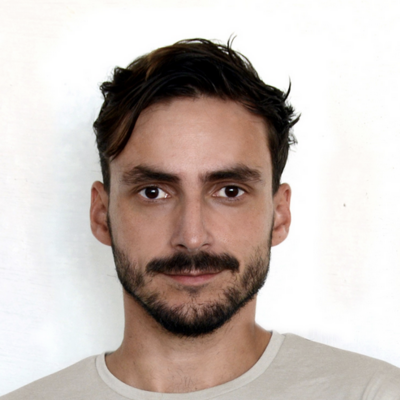

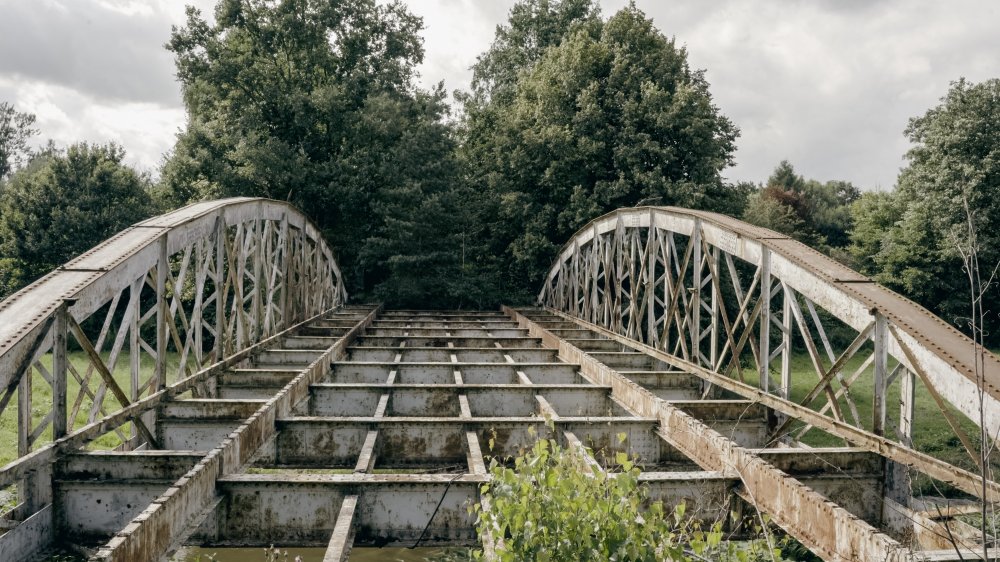
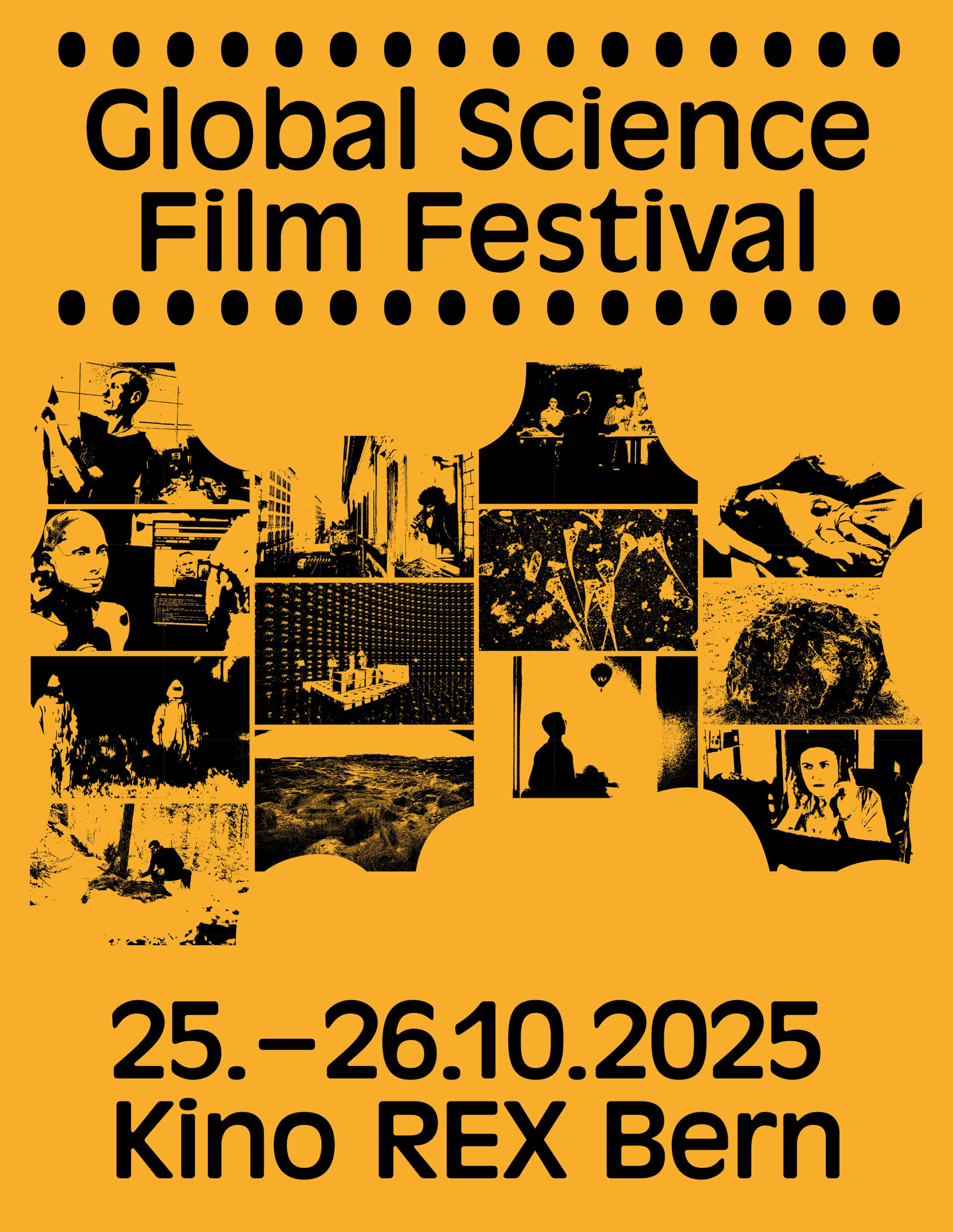
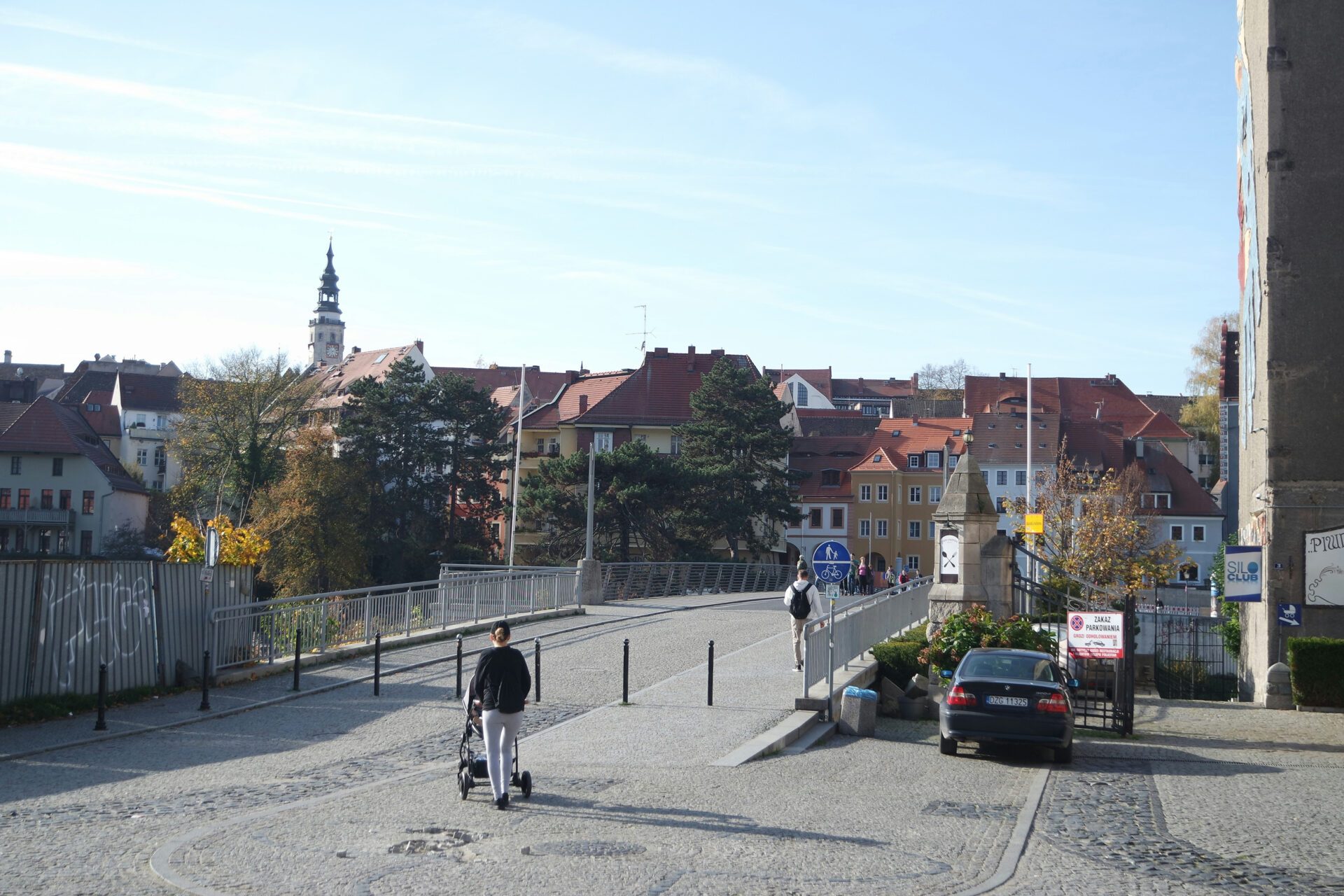



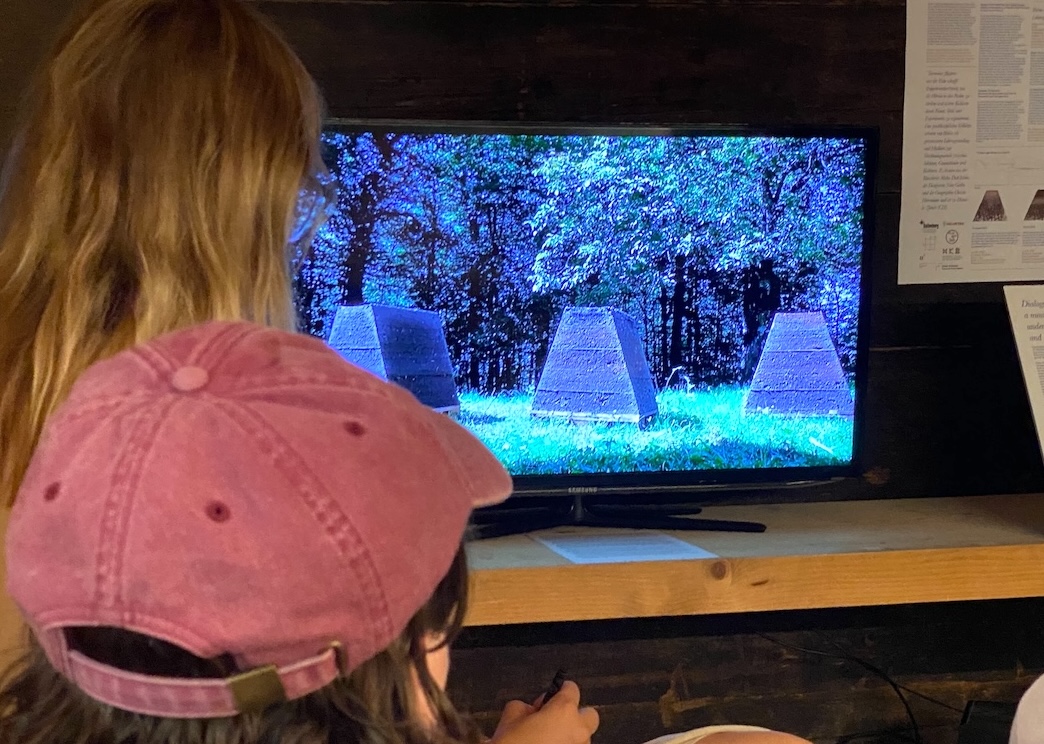

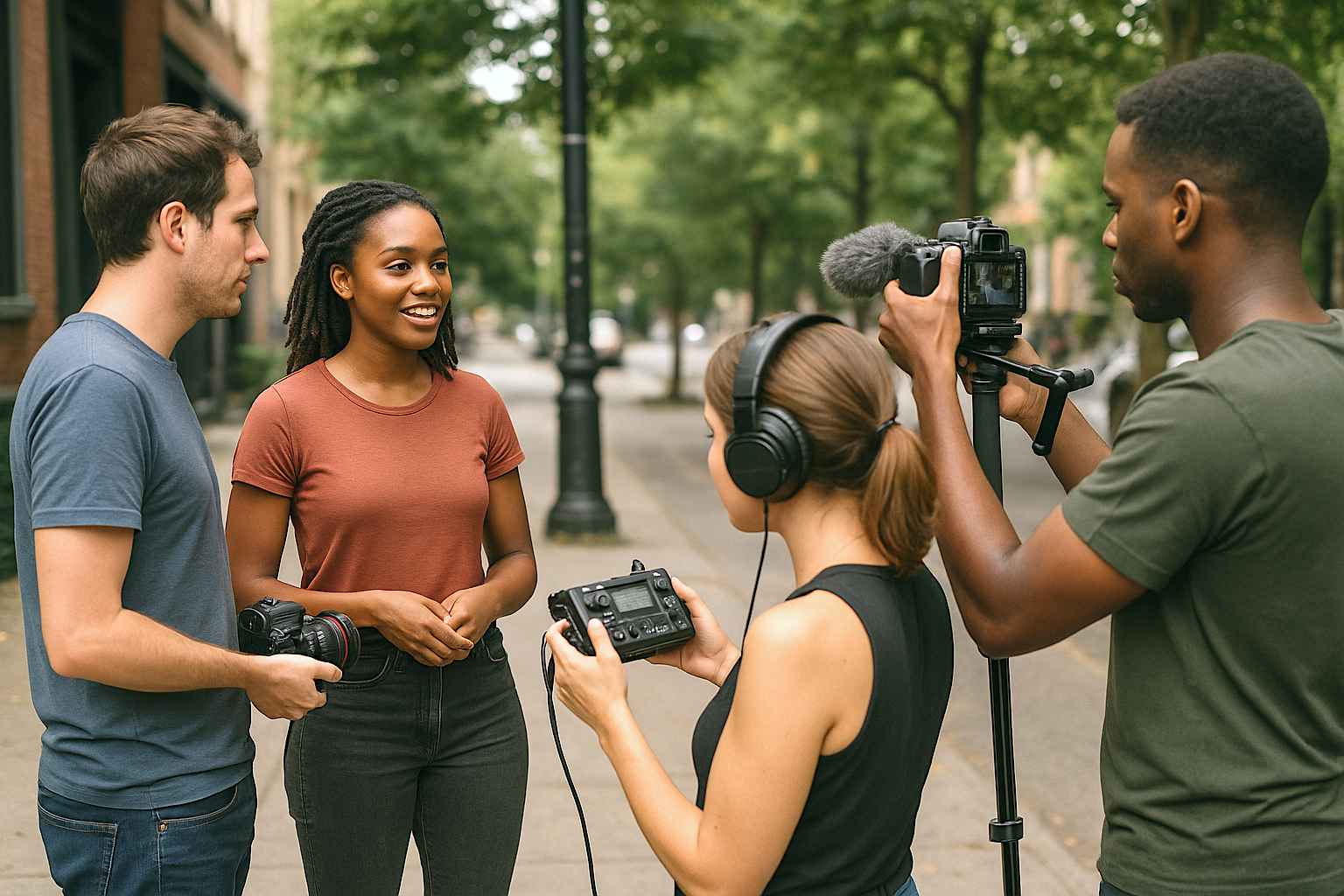
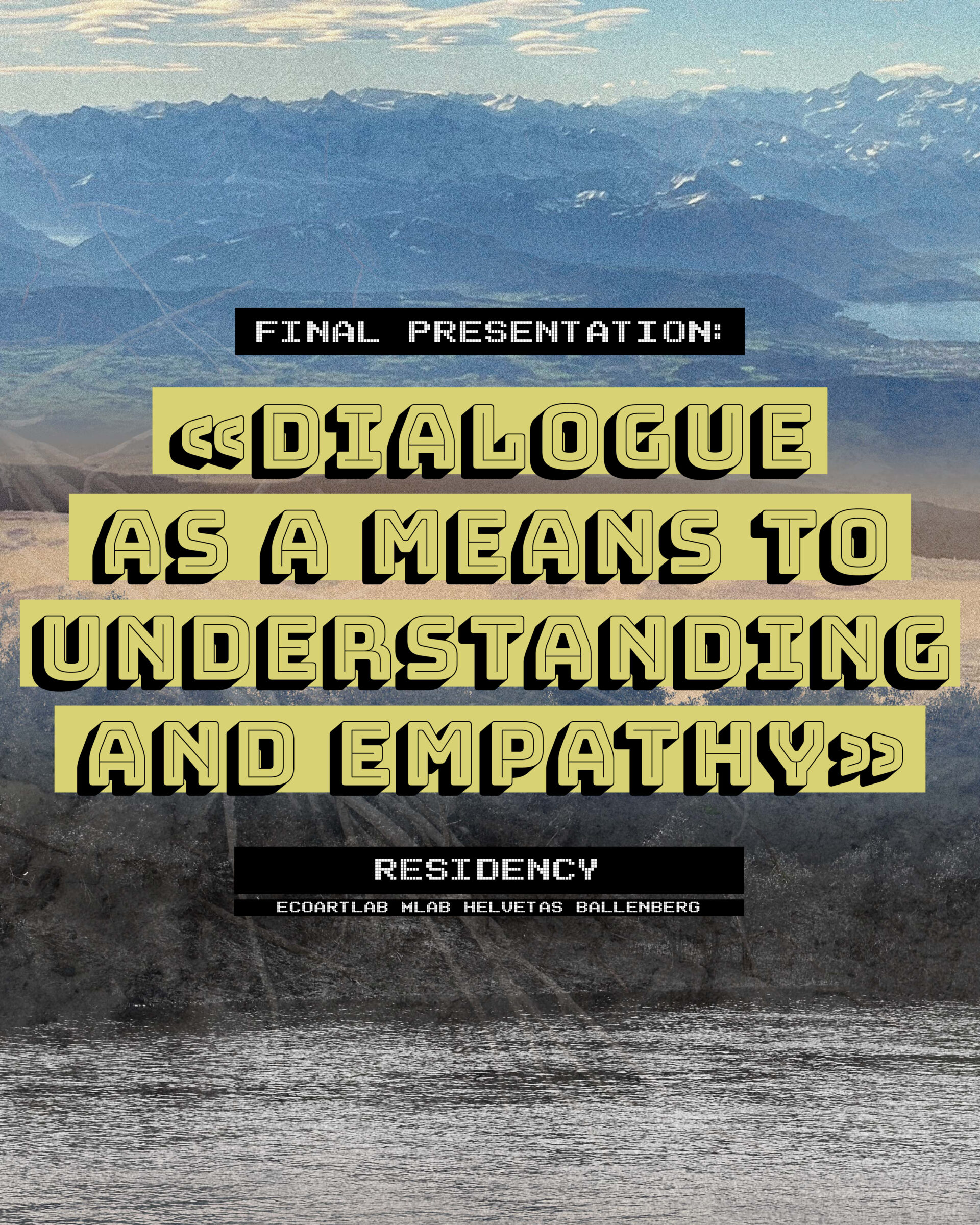
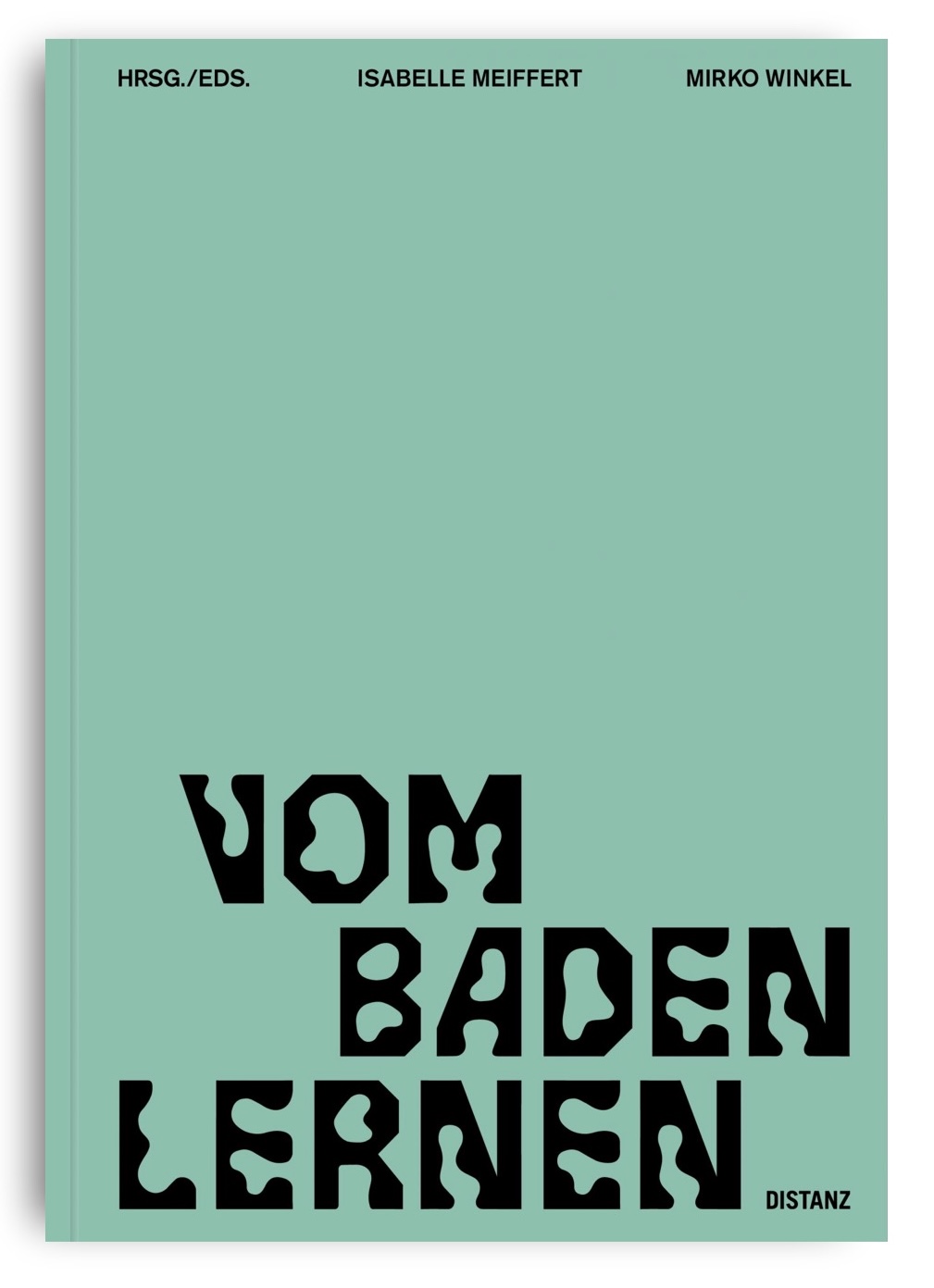
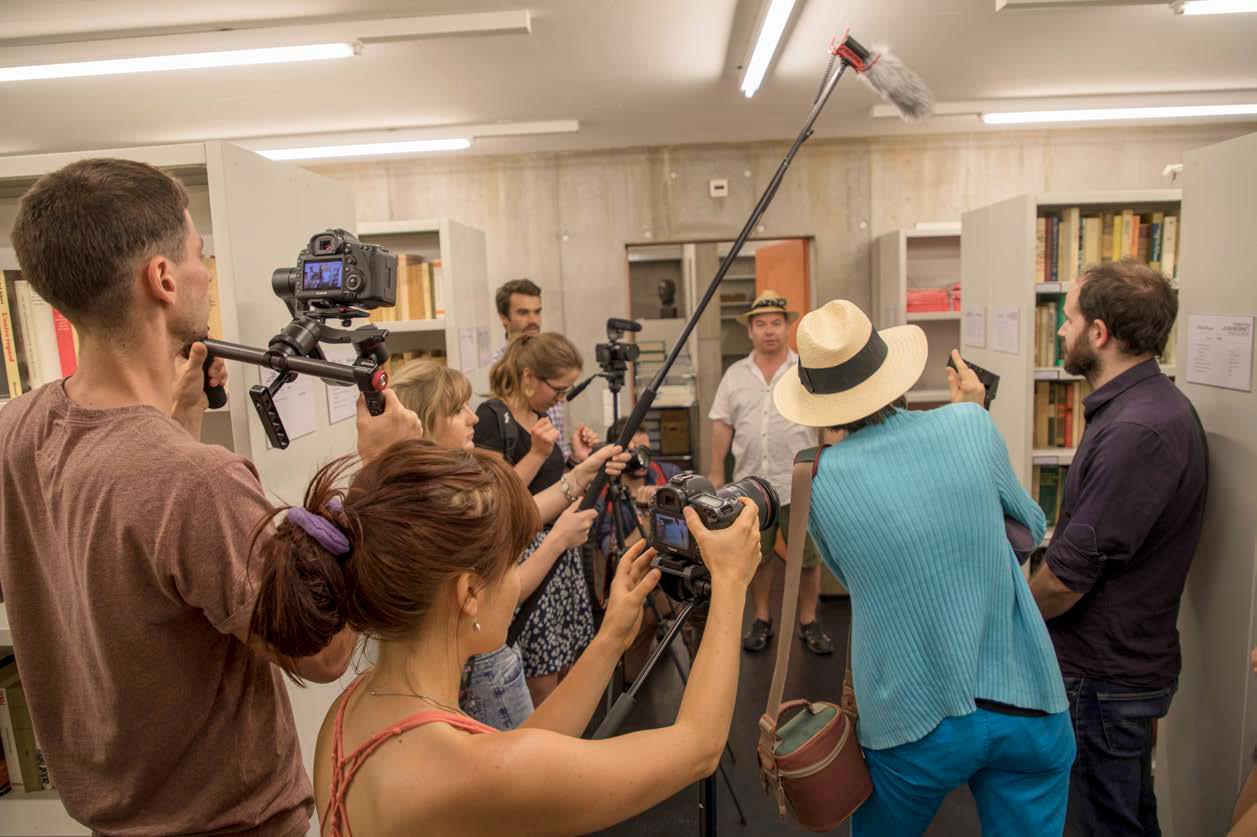
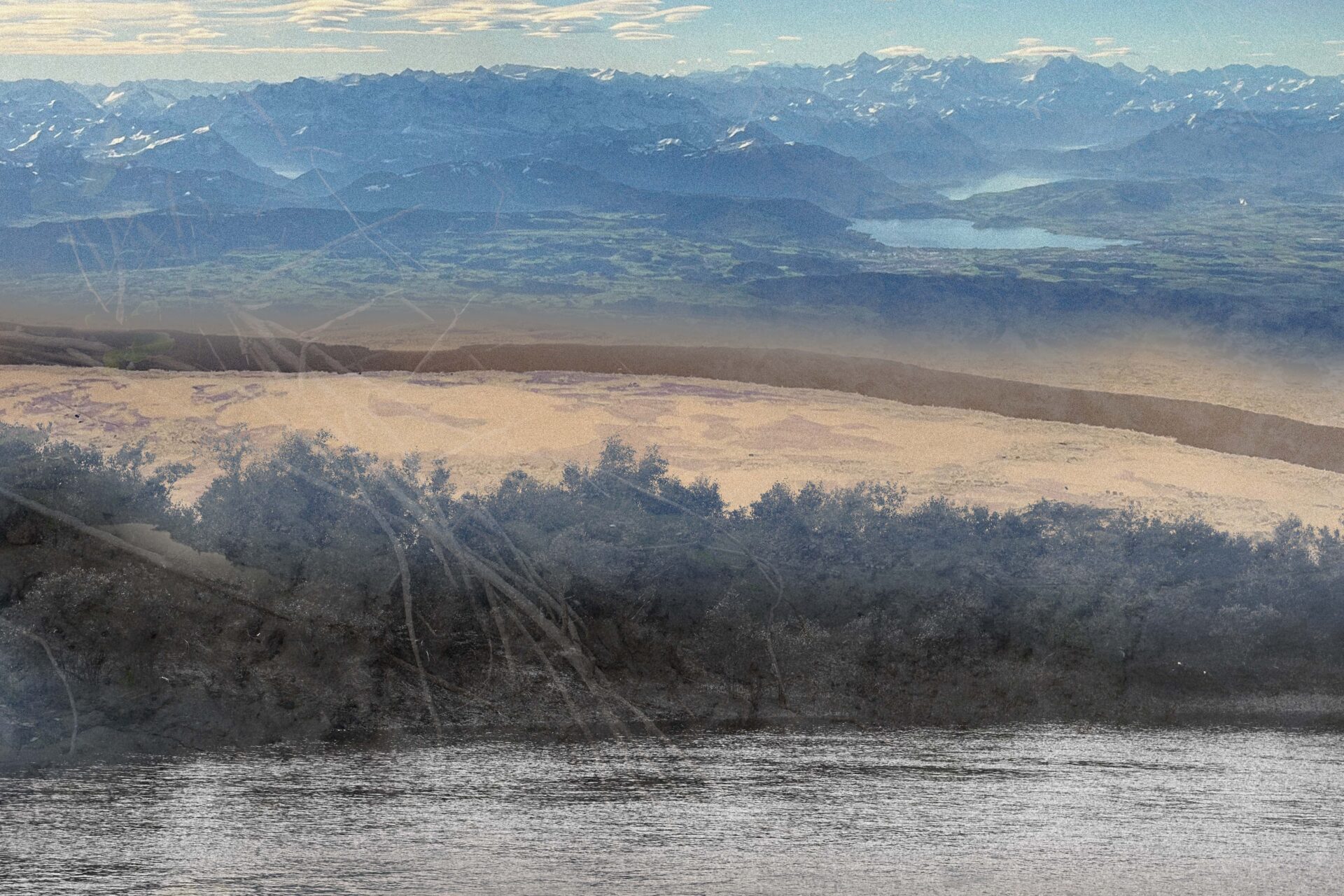
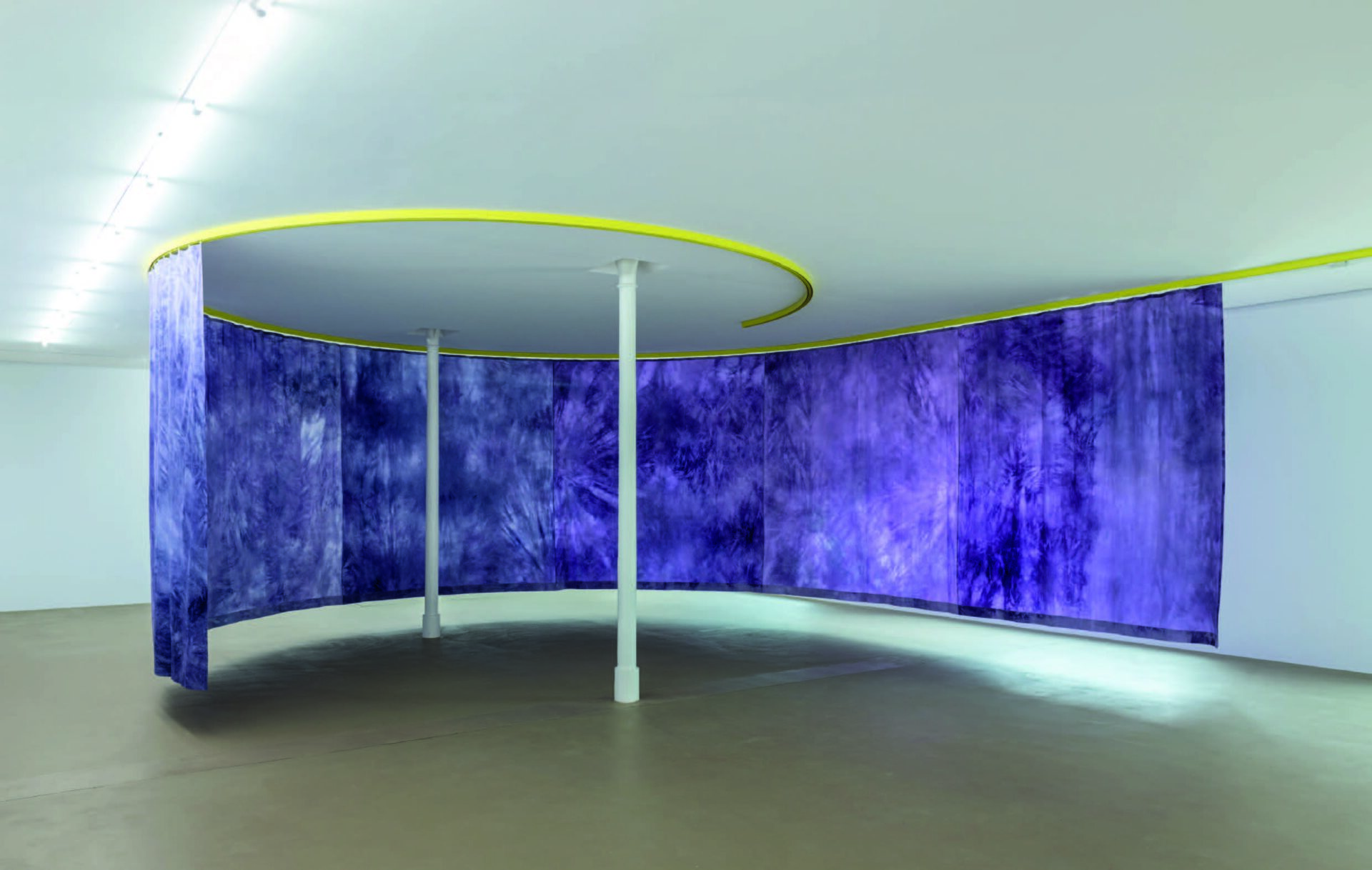
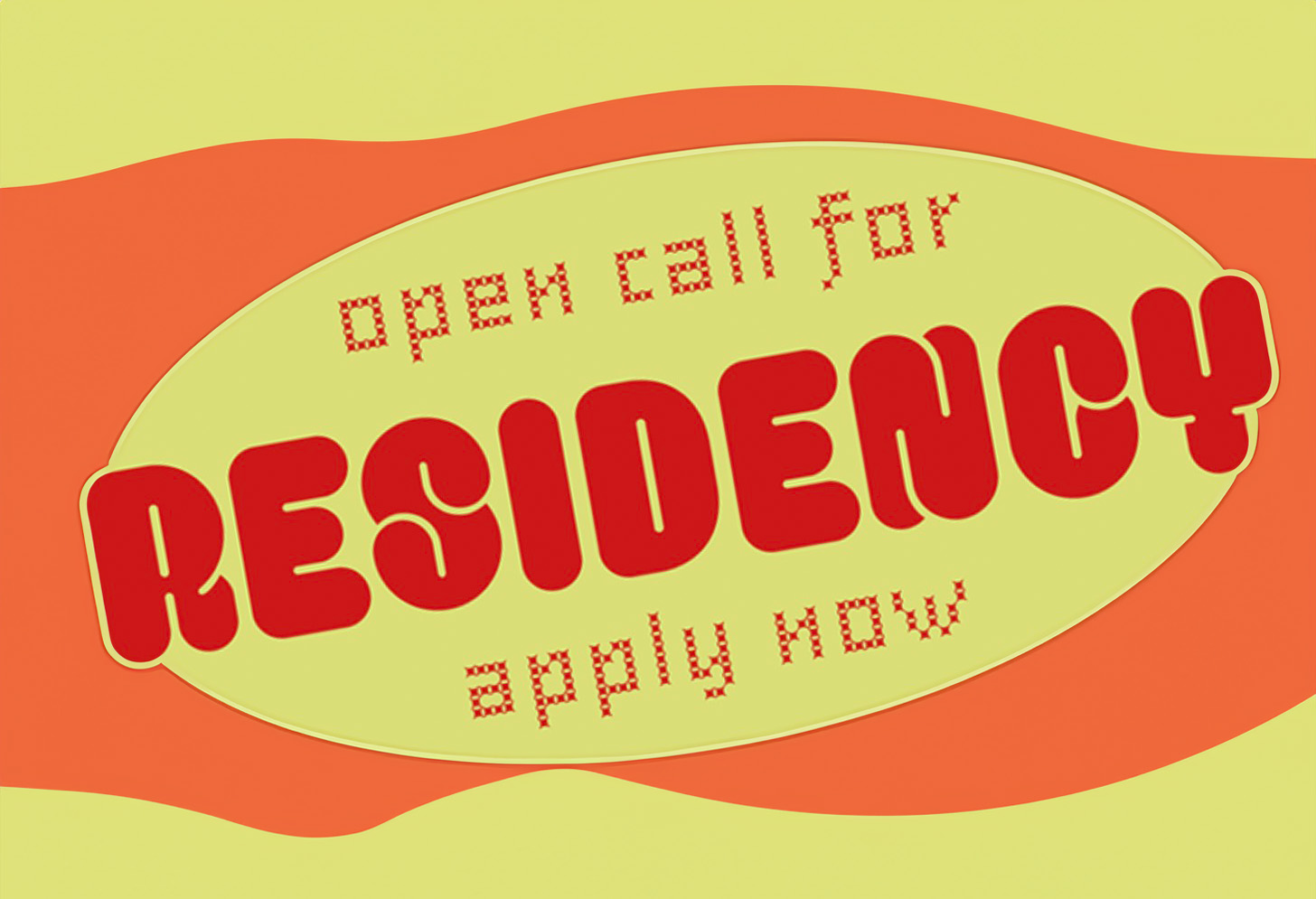
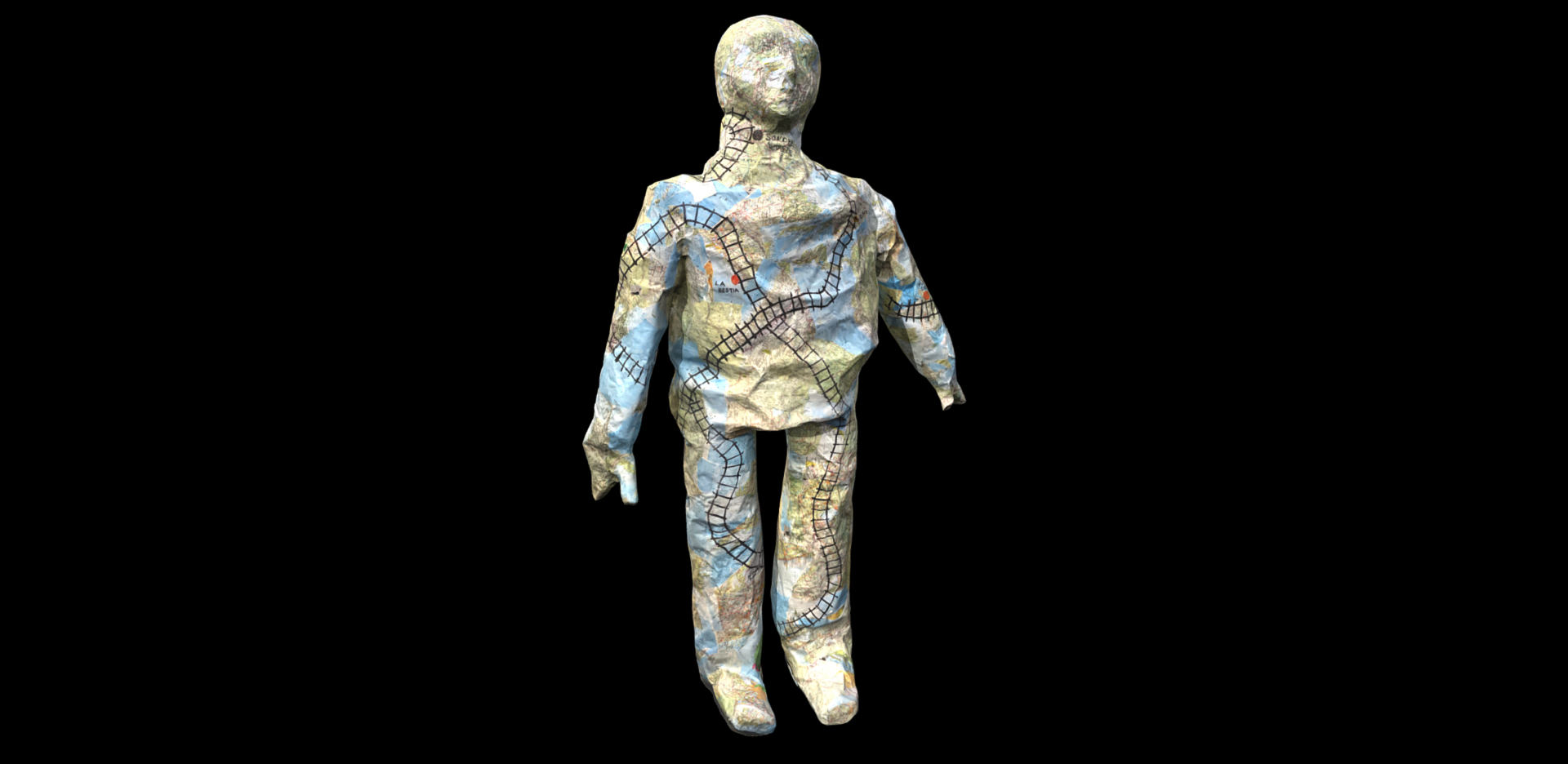
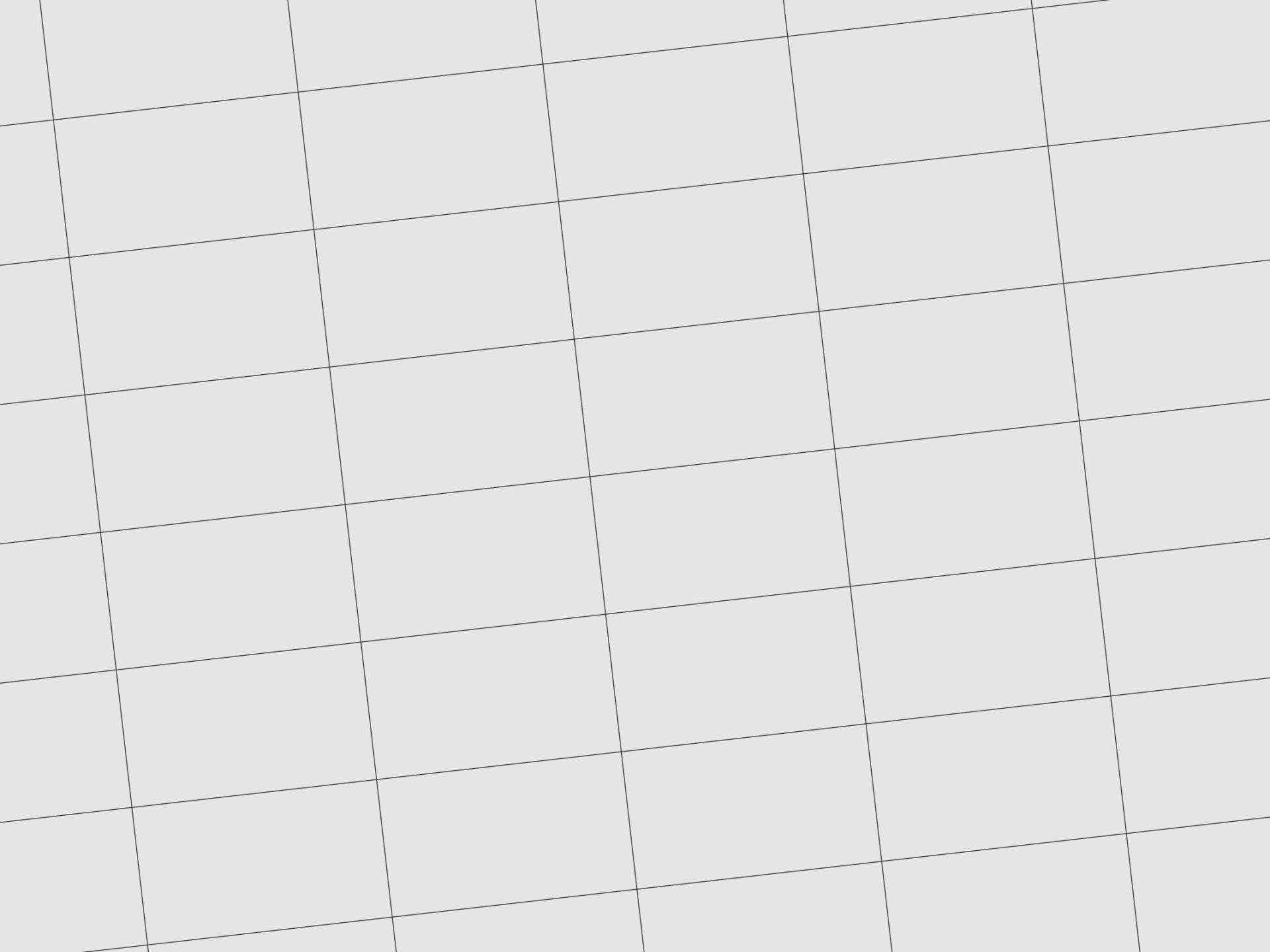
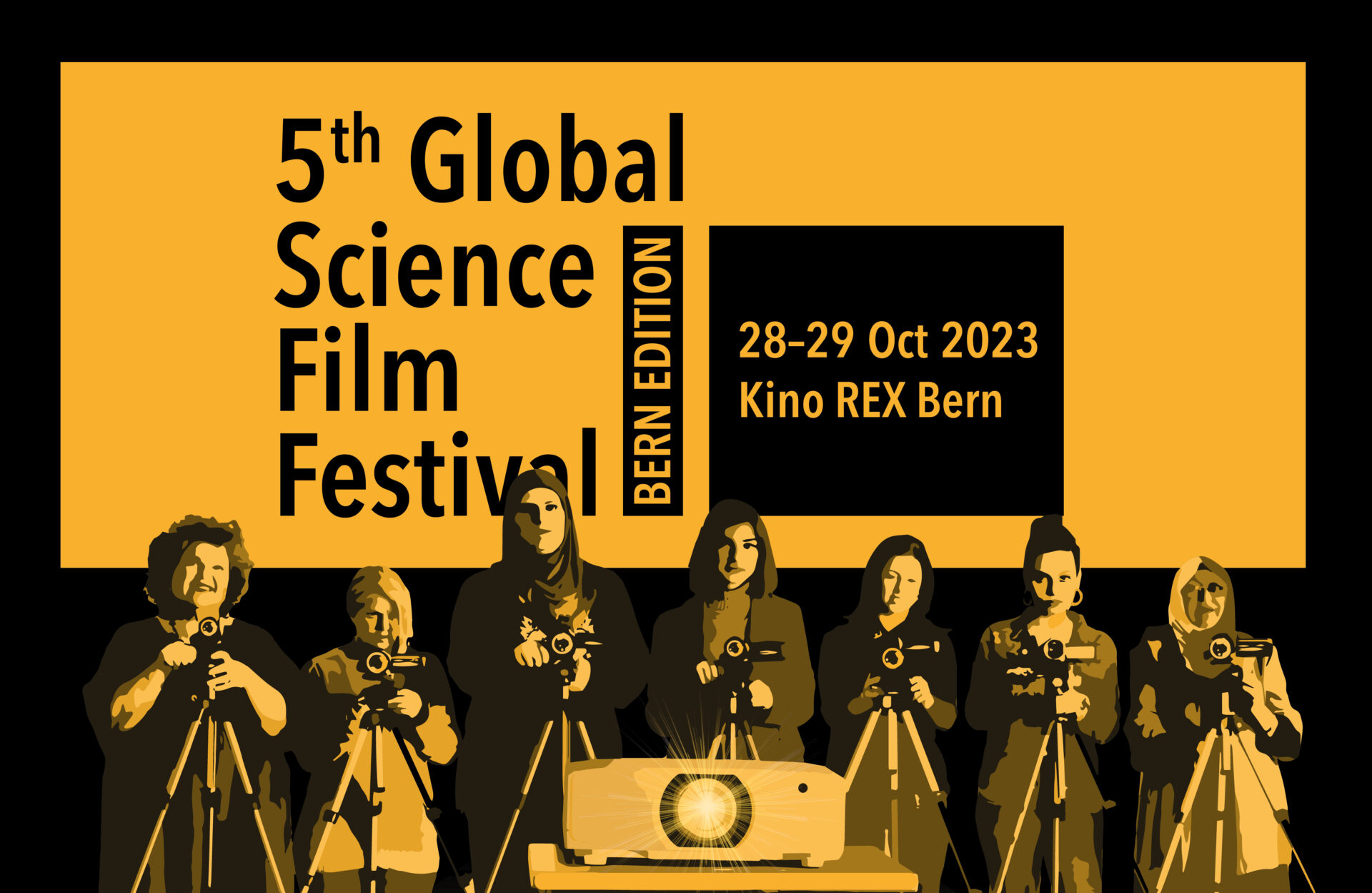
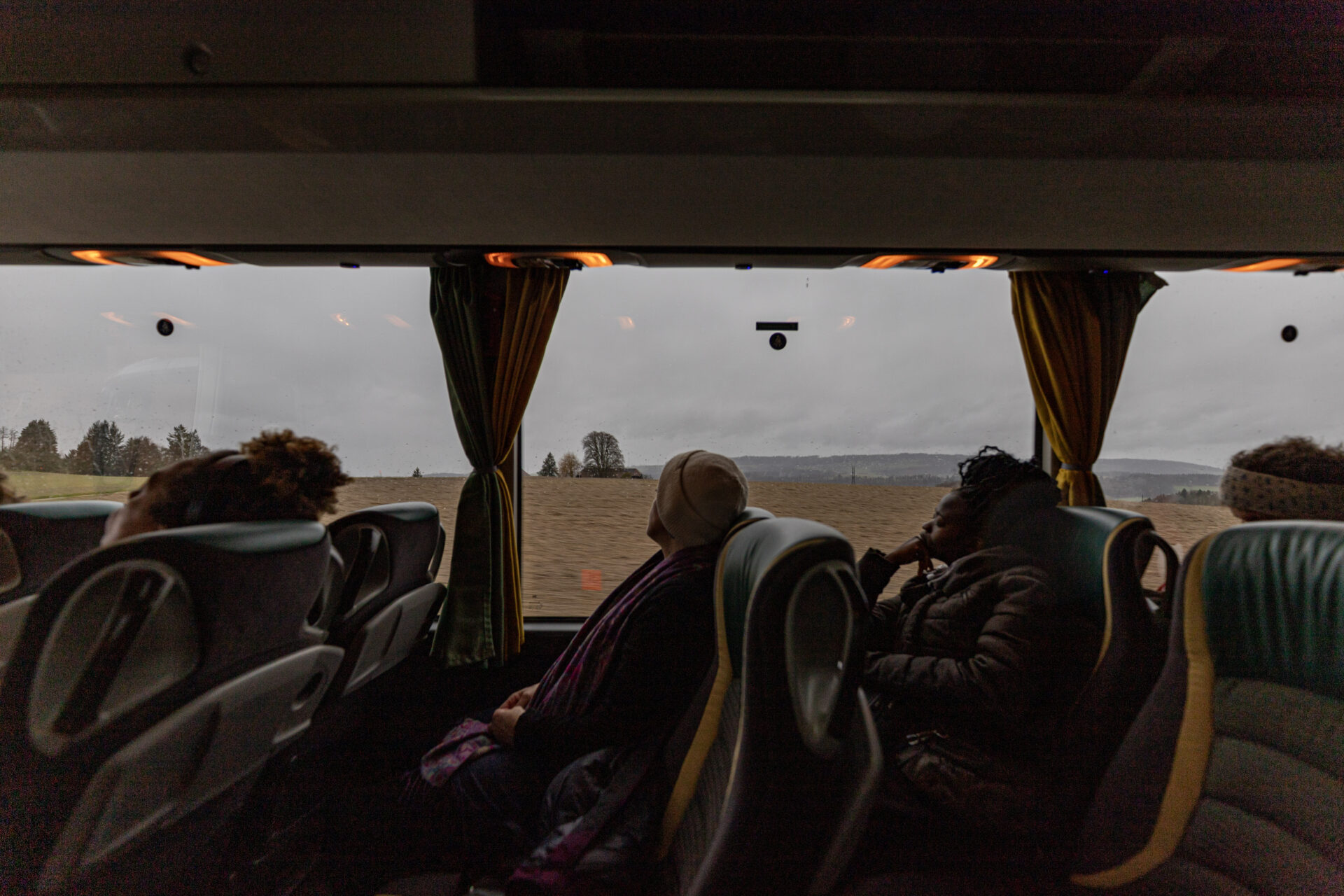
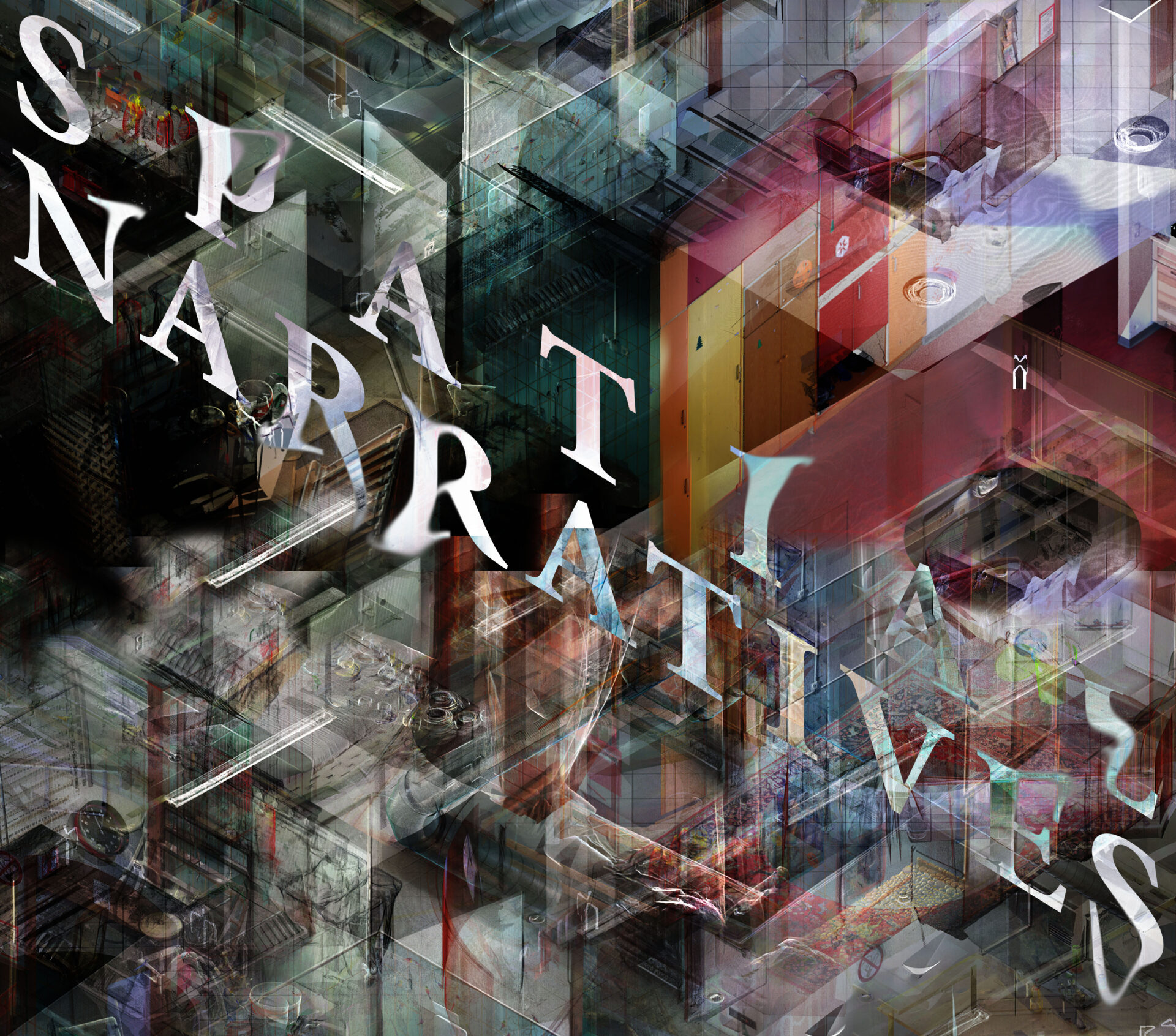
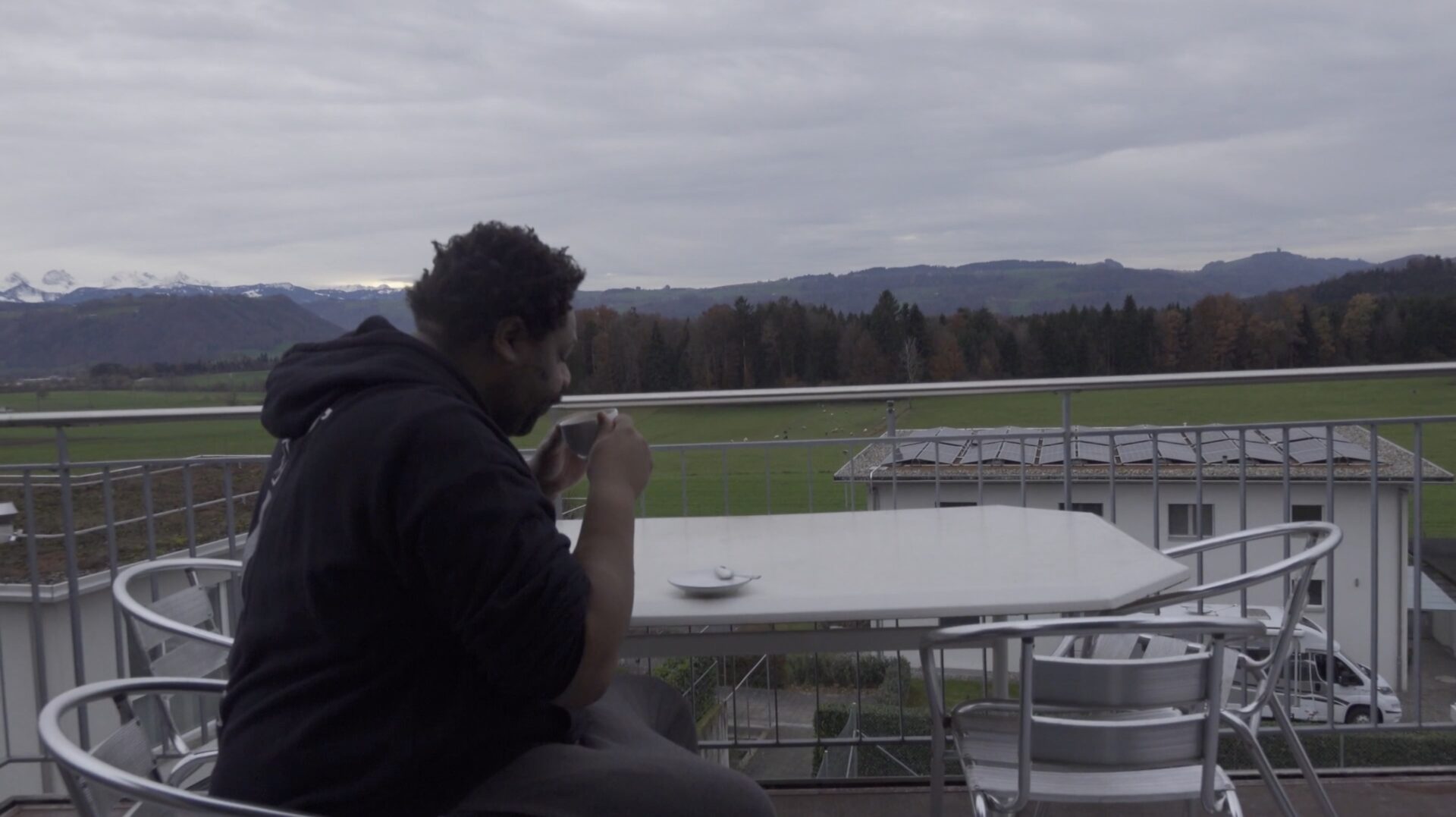
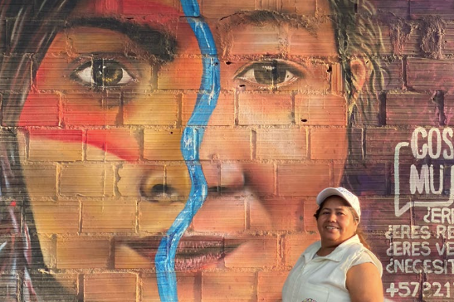
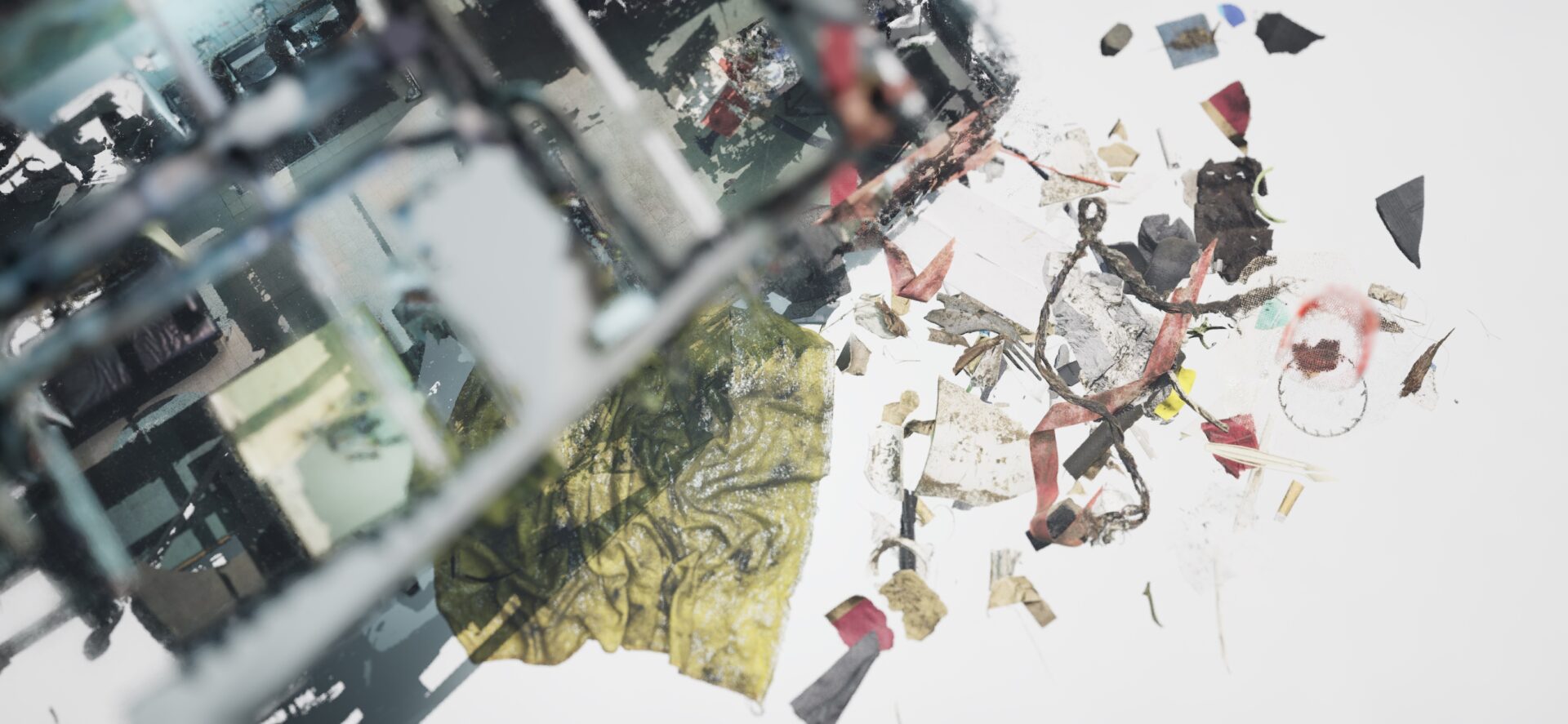

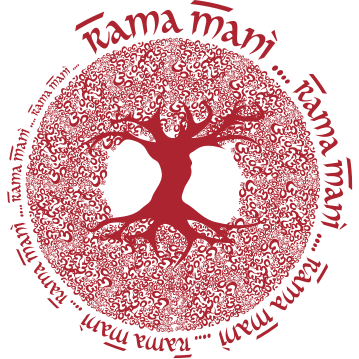
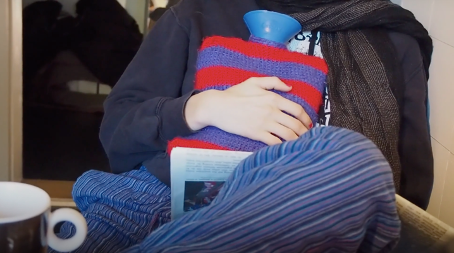


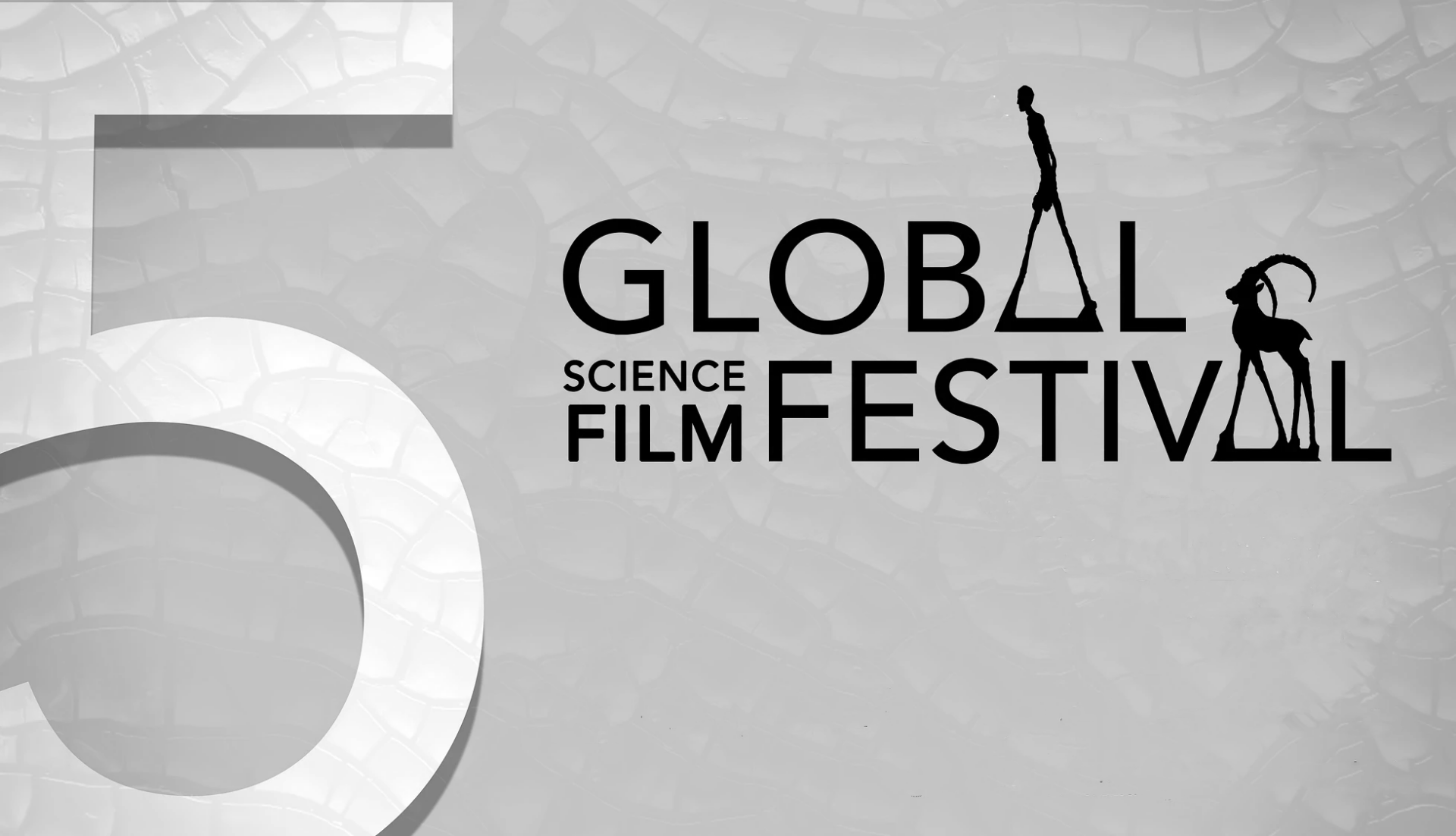

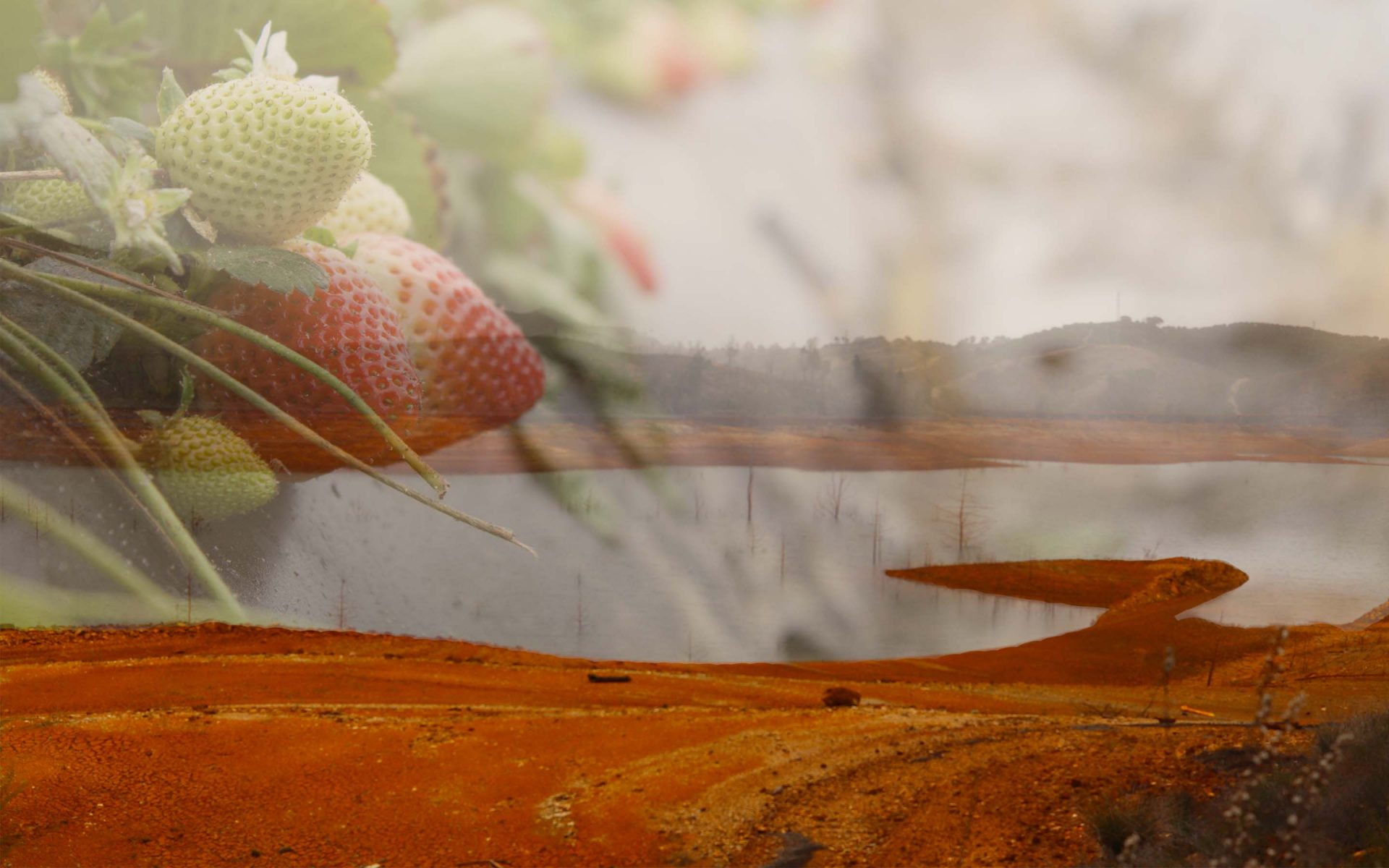
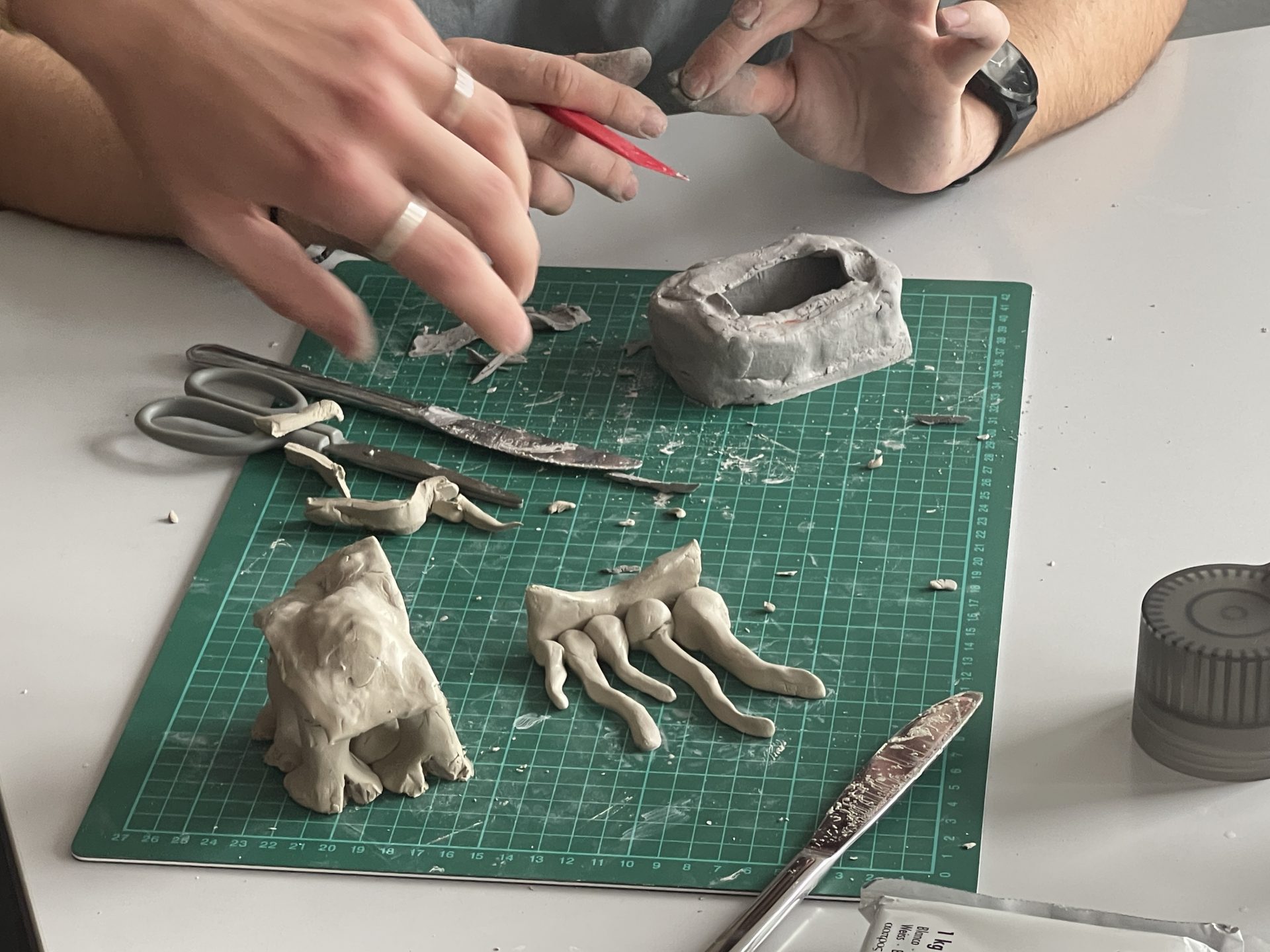
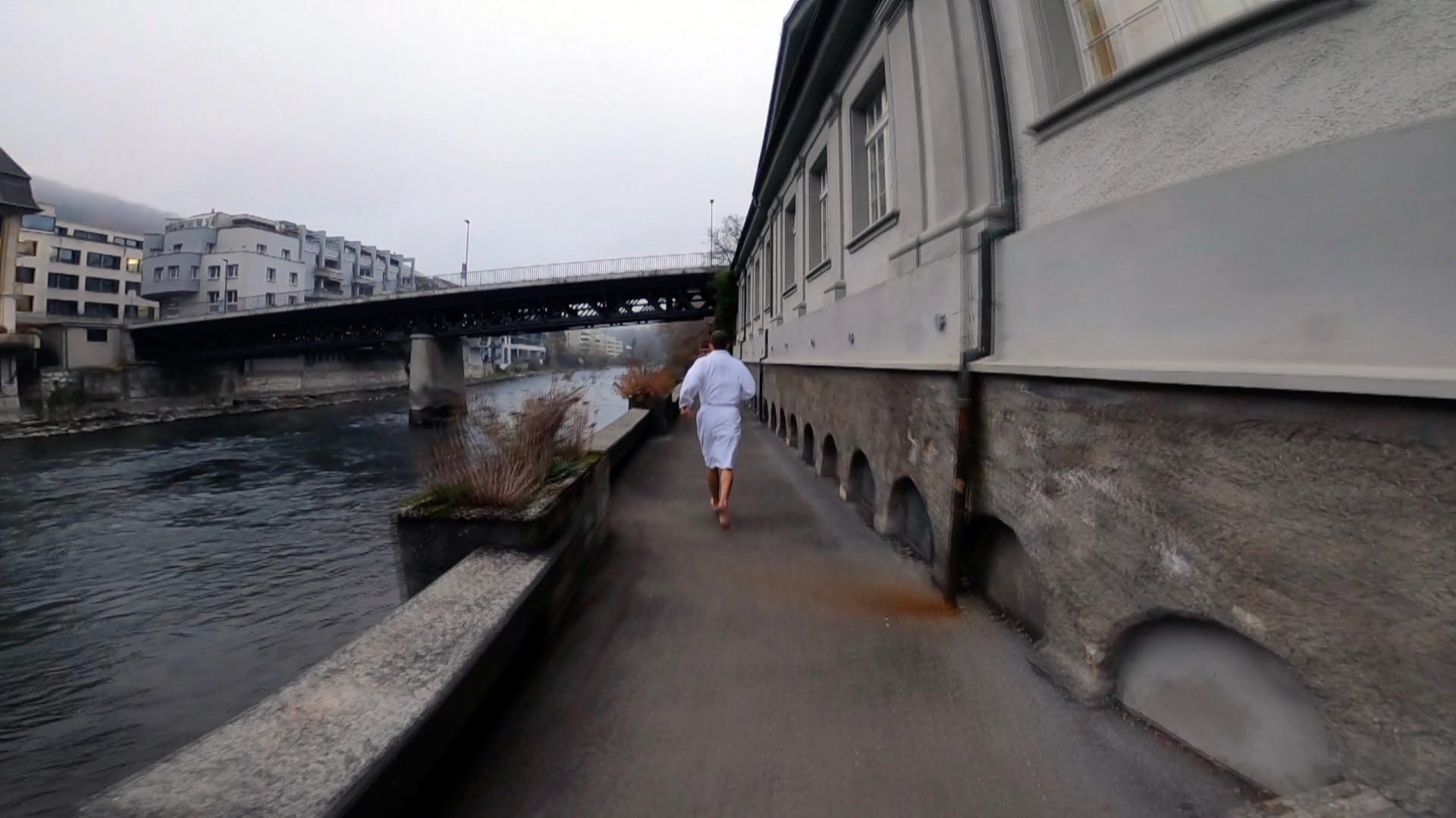
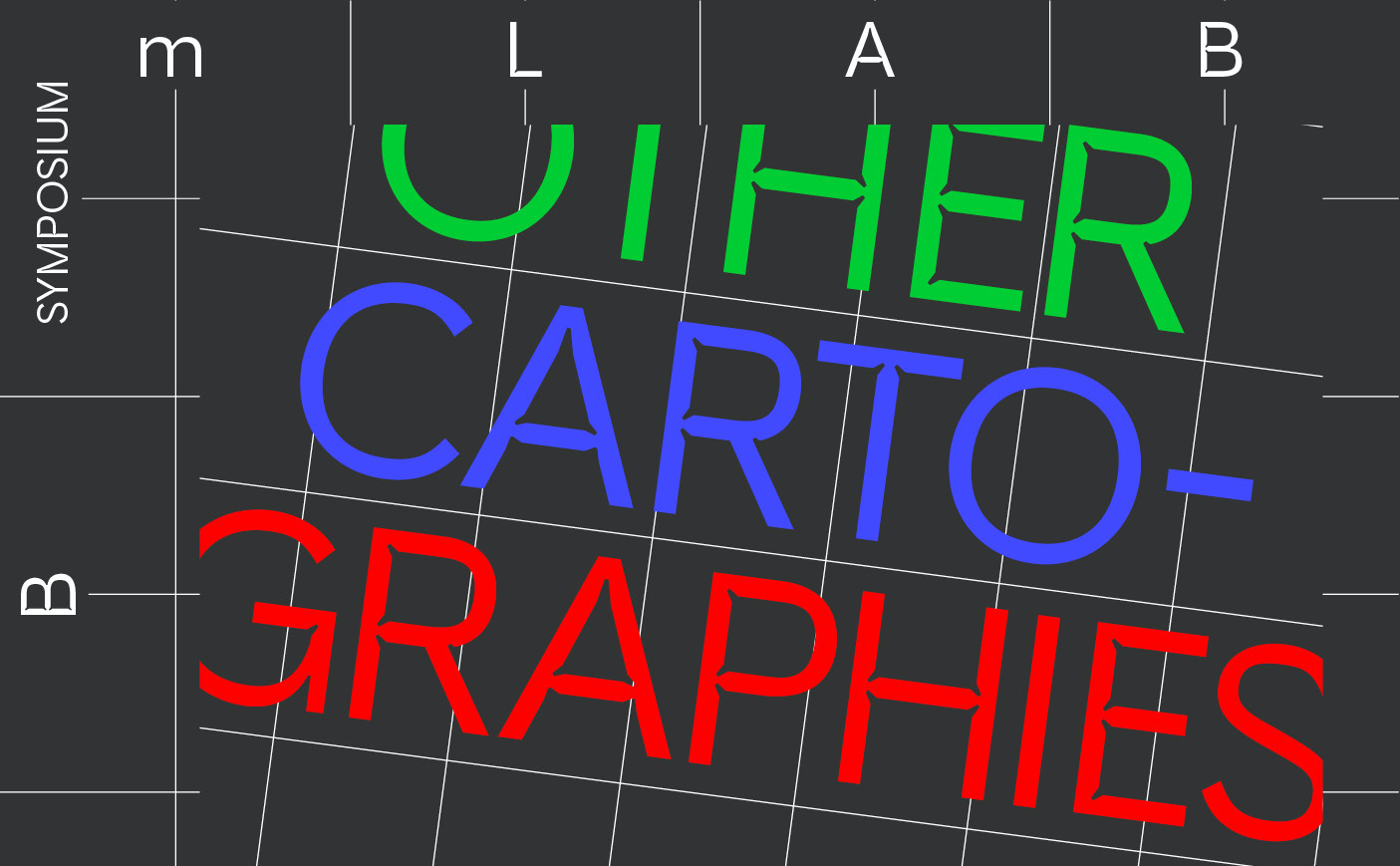

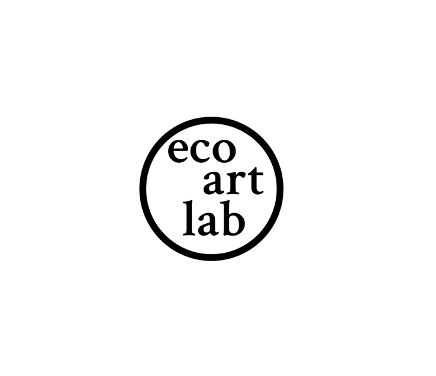

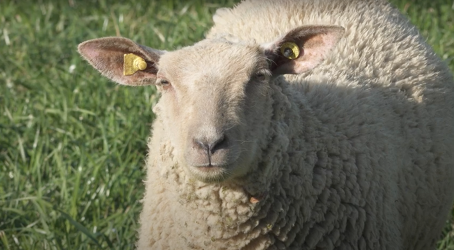

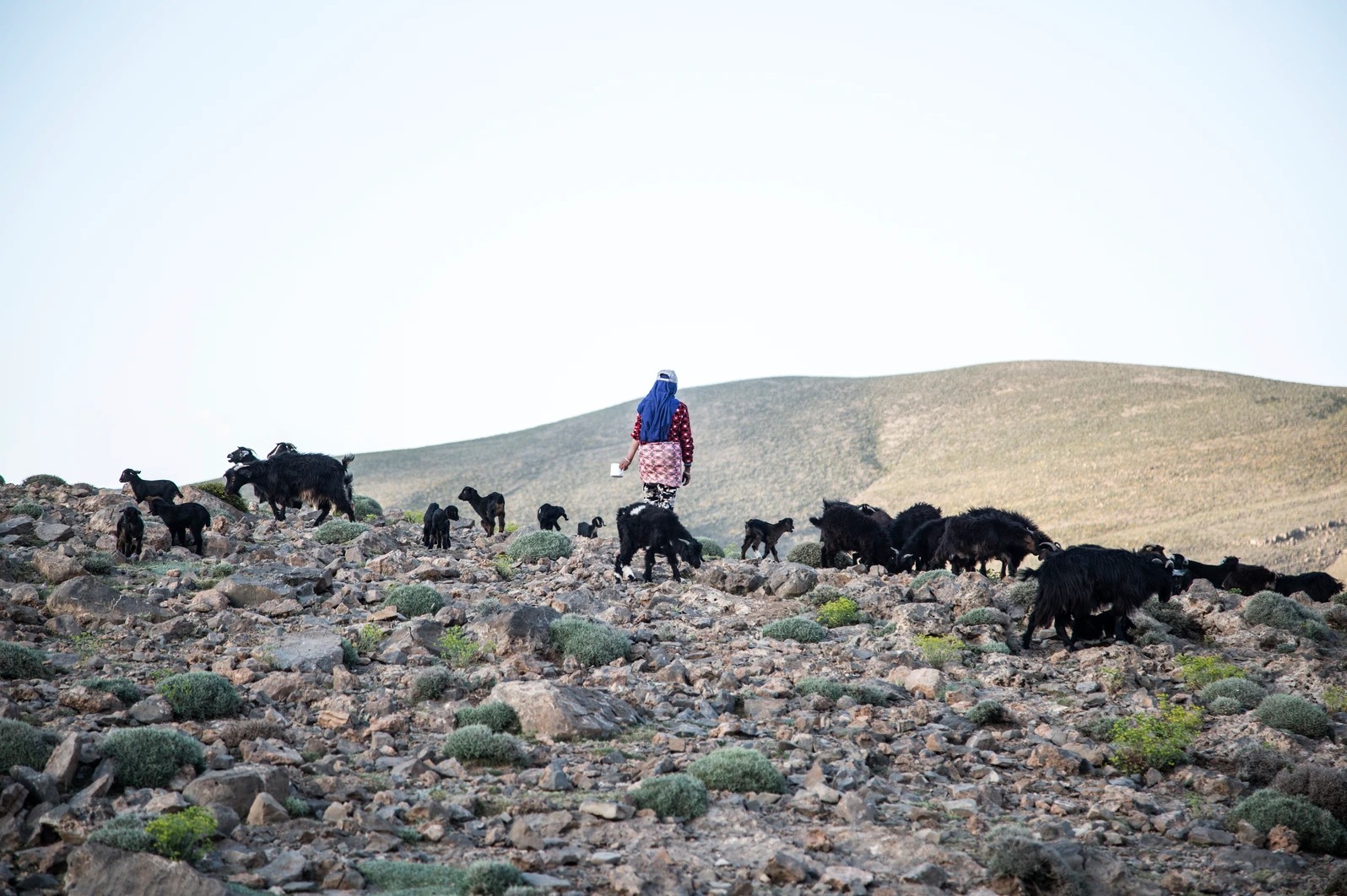
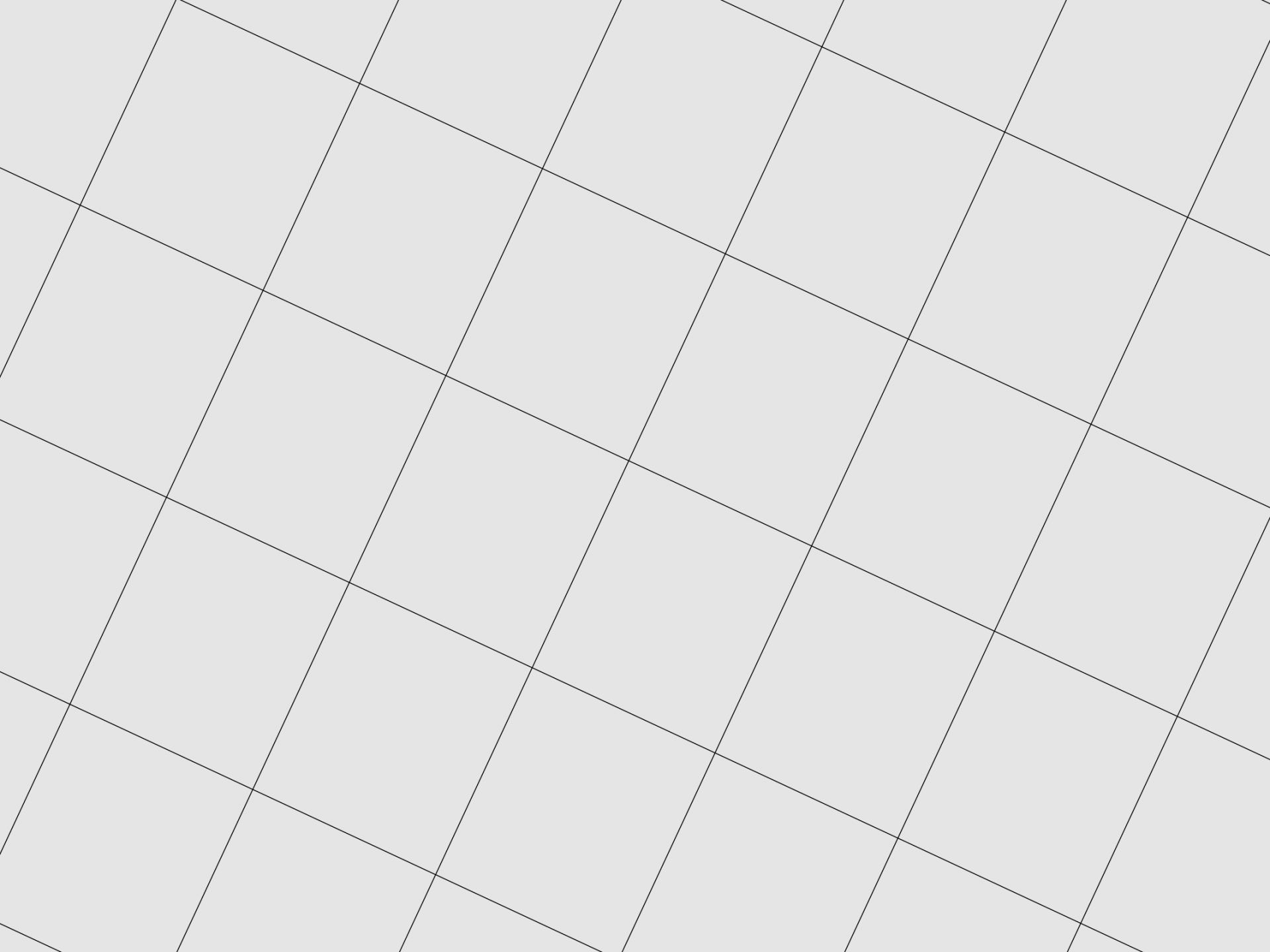
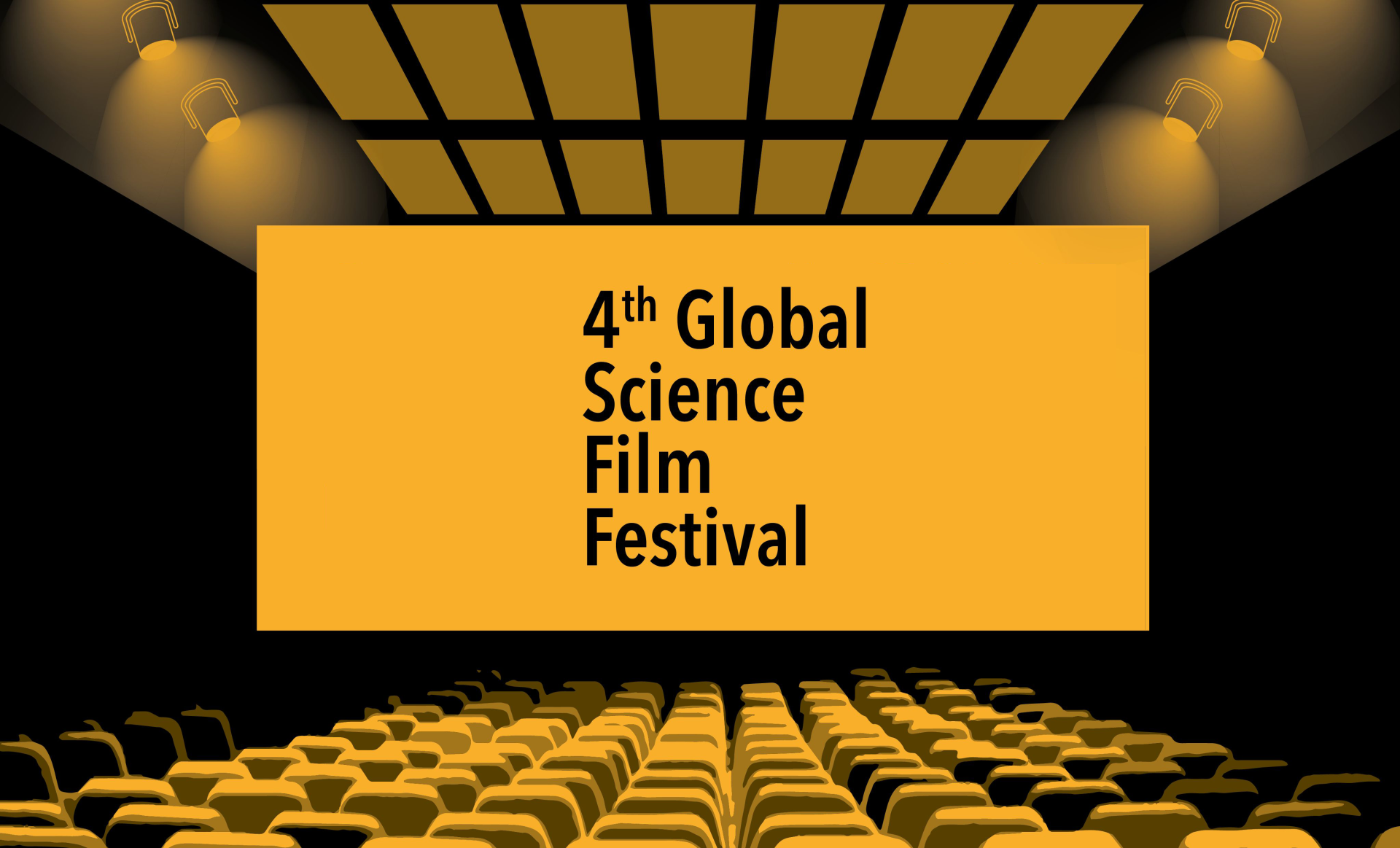
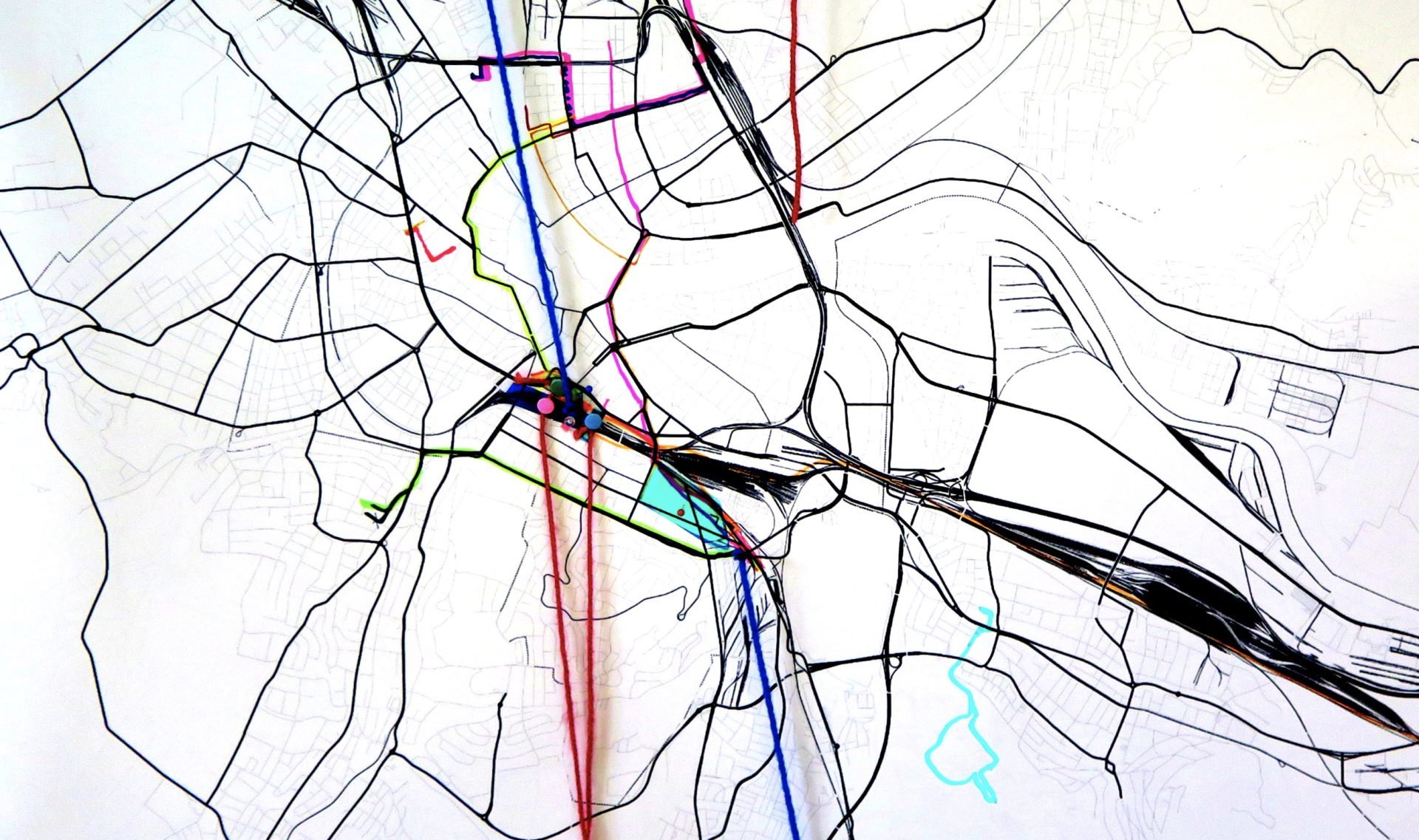

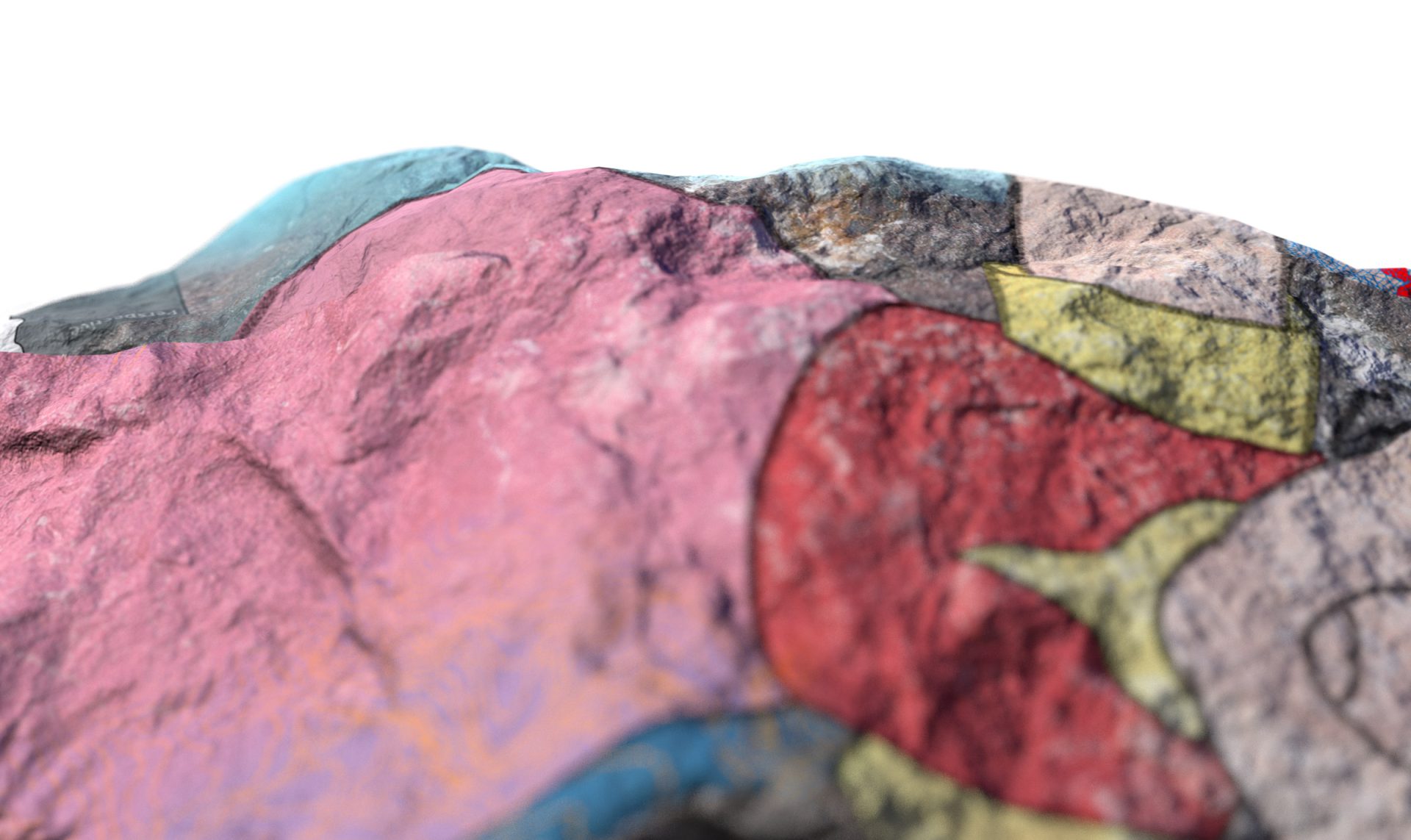


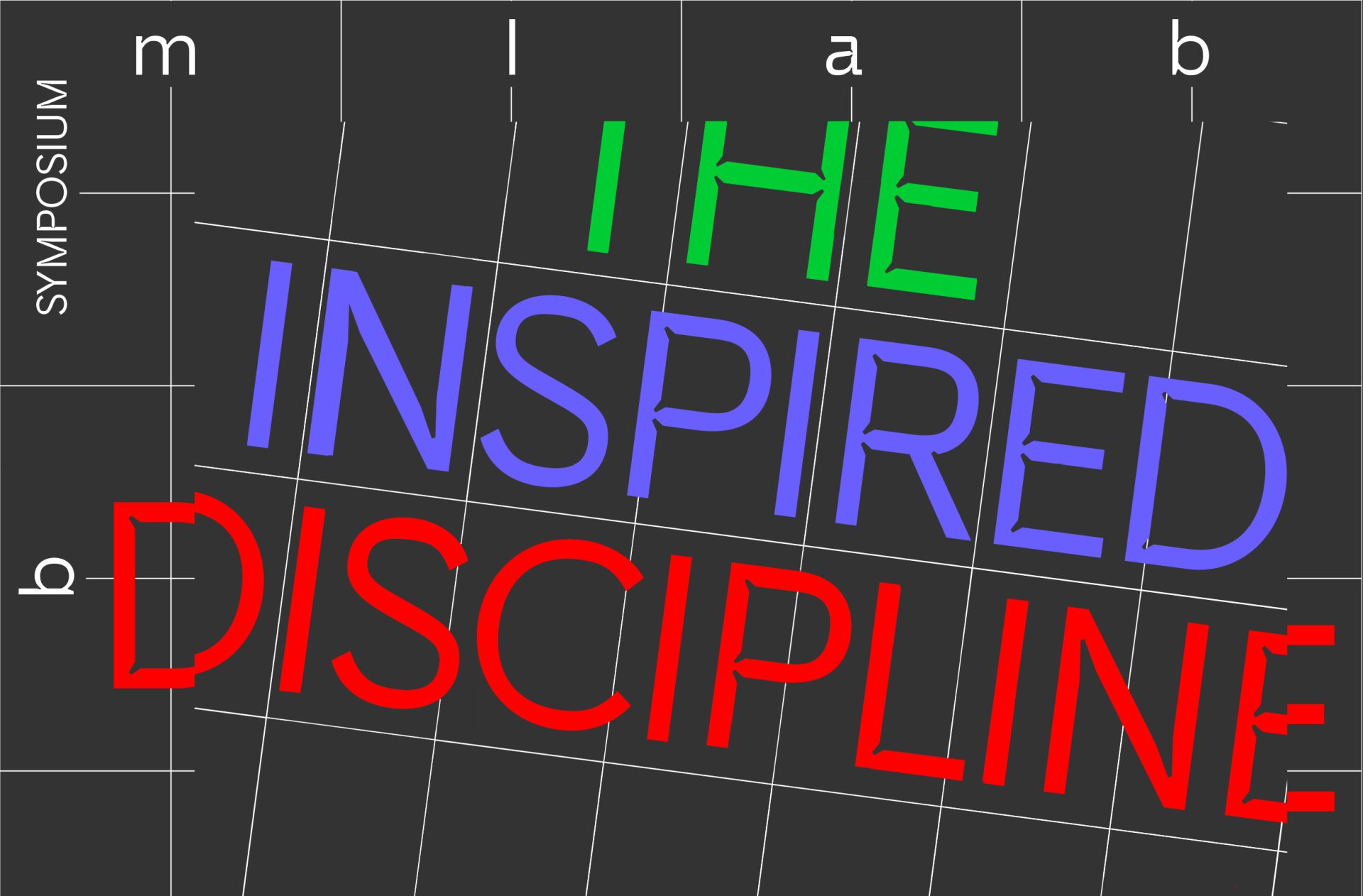
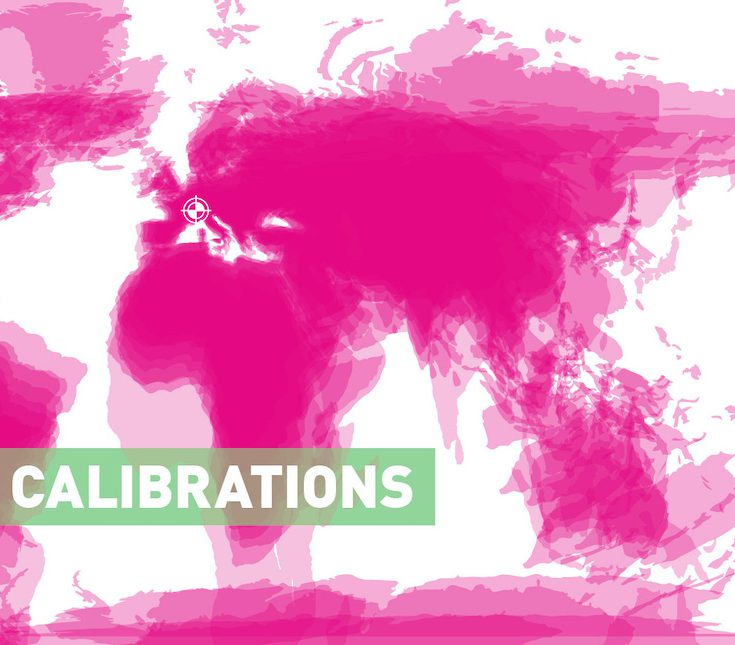
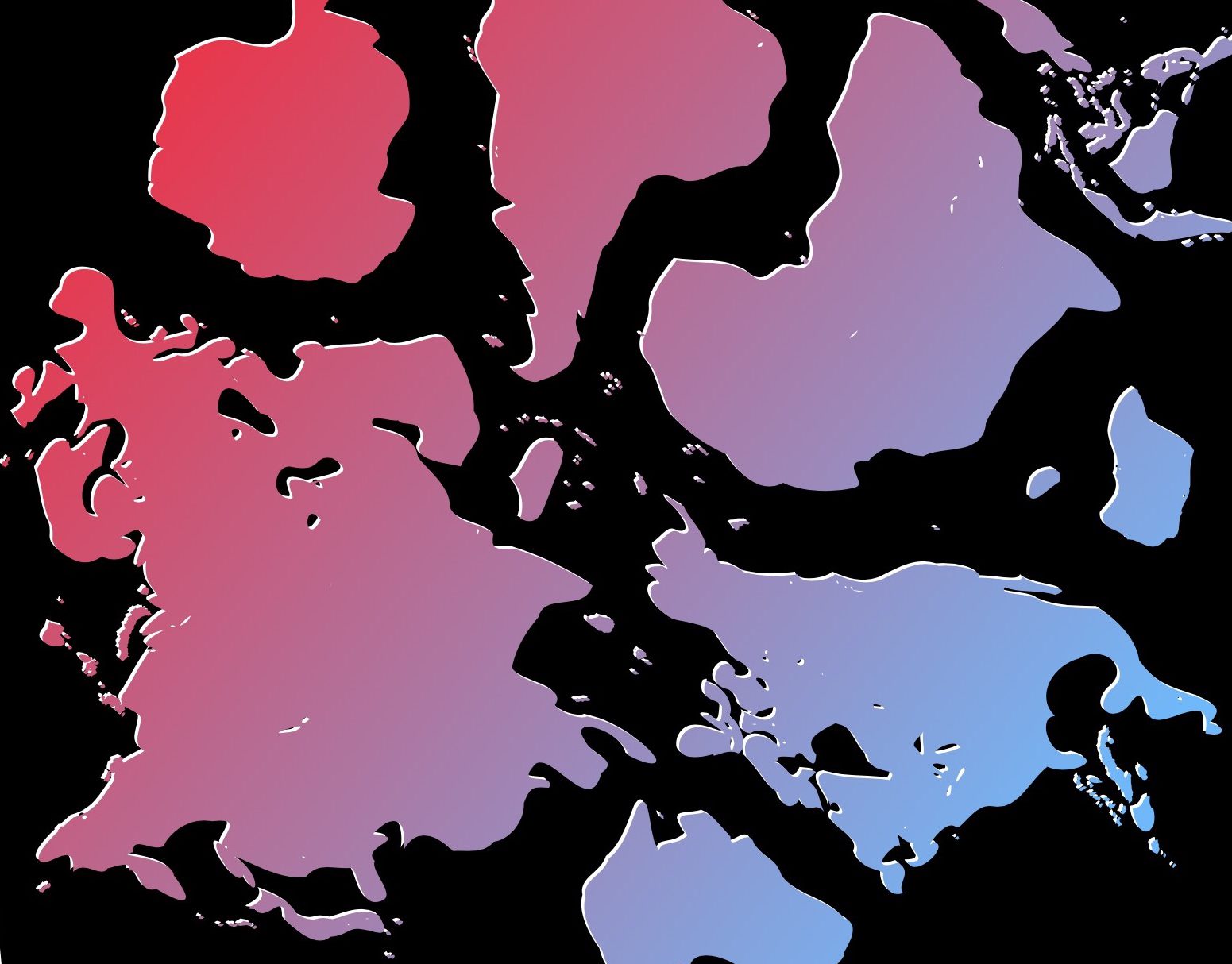
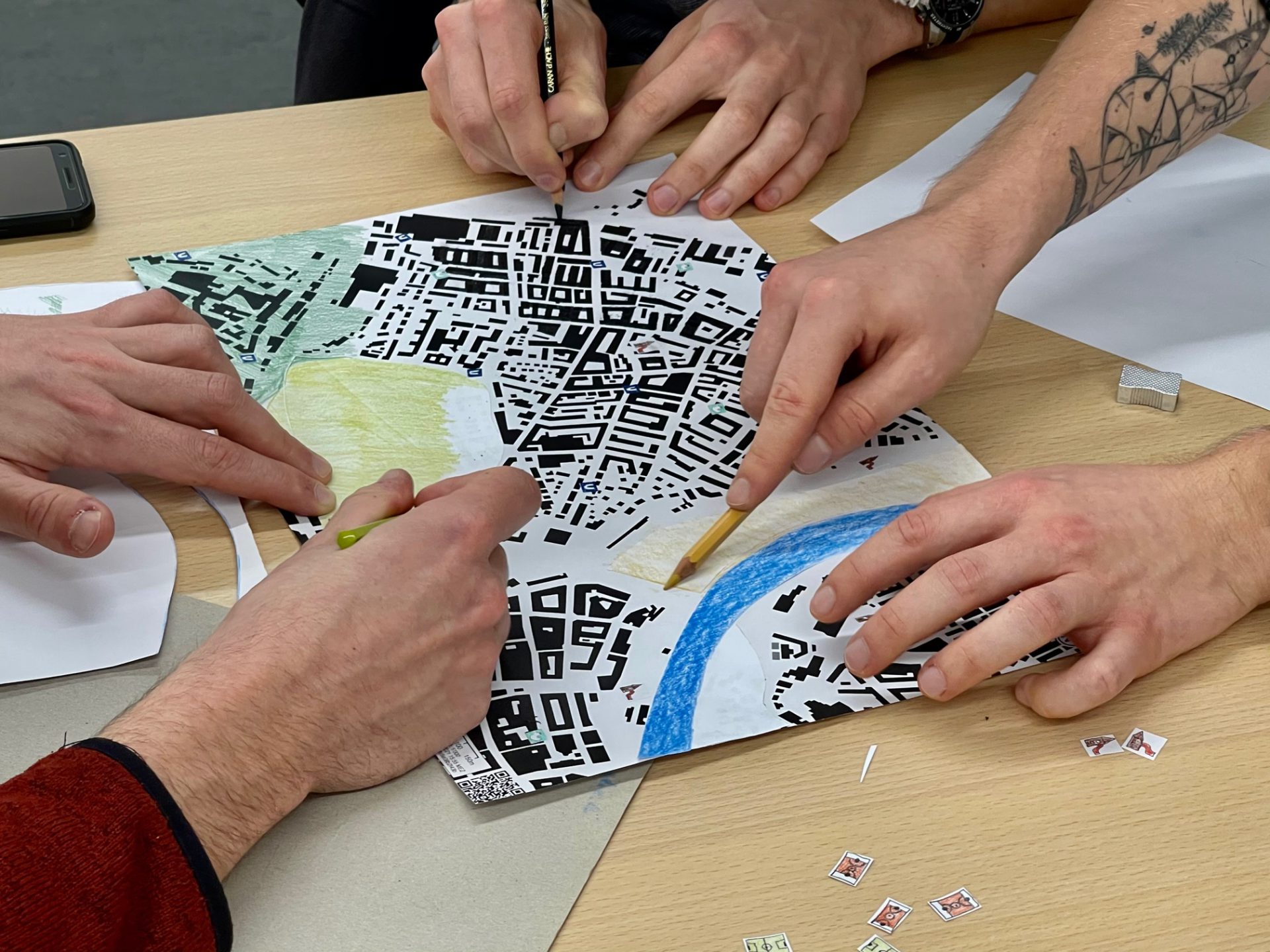

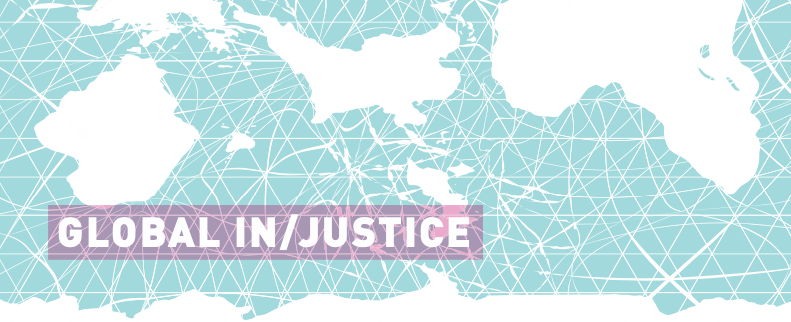
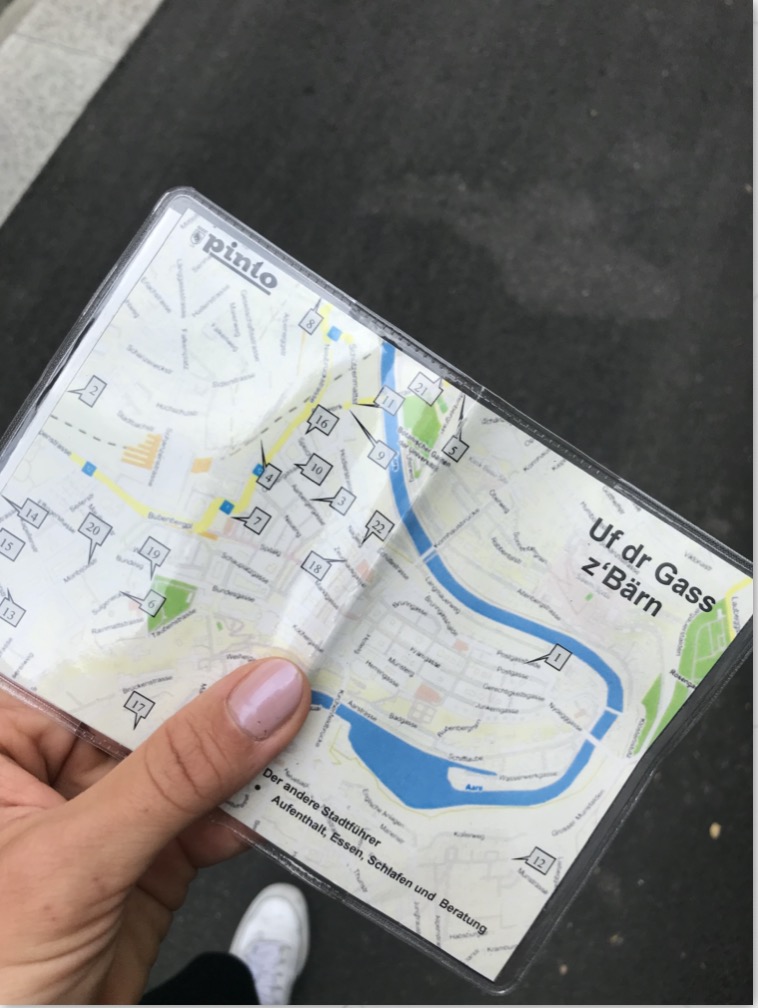
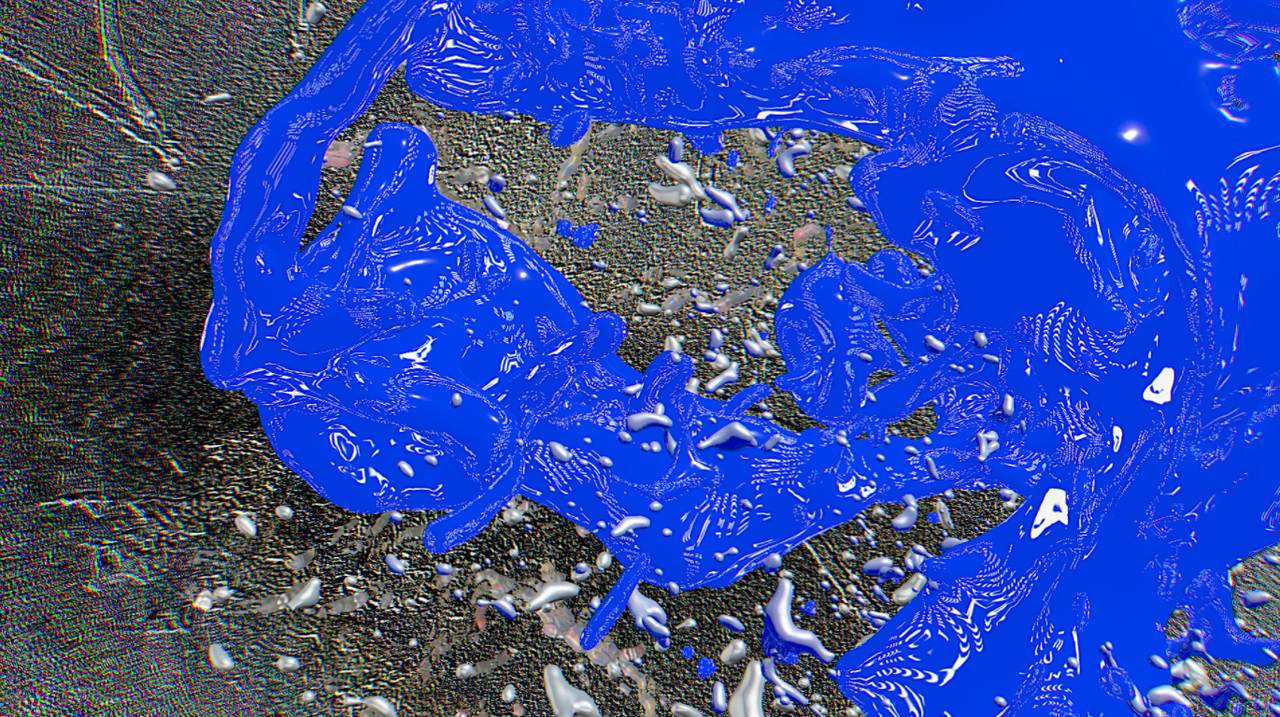

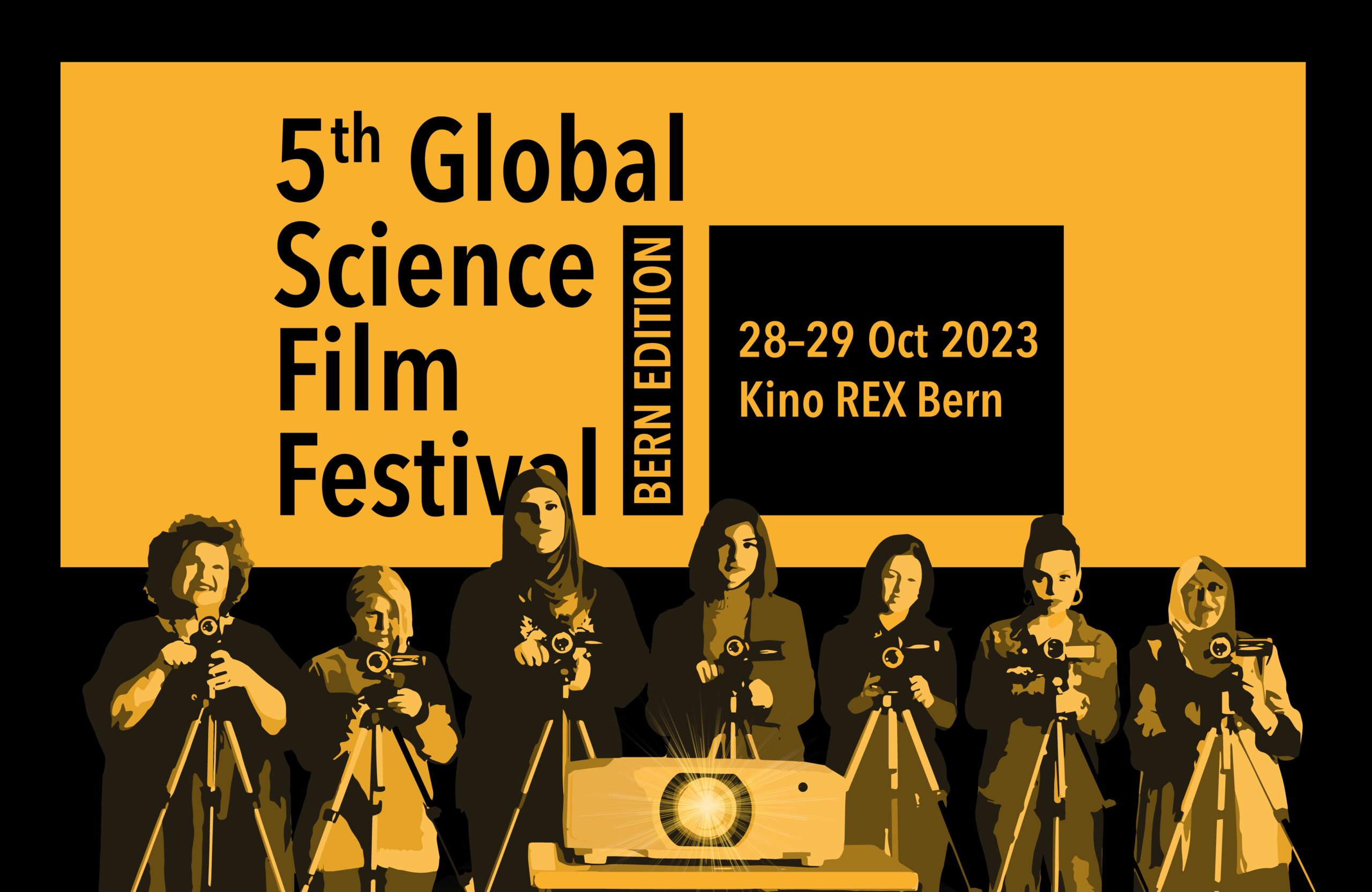

In collaboration with the Swiss Science Film Academy, the mLAB presents the 5th Global Science Film Festival. World politics and science meet on the big screen. The festival will show international feature films, documentaries and short films that link social developments with current scientific debates. Following the film screenings, the topics will be explored in depth in moderated discussions between the audience, filmmakers and researchers.
Date: 28.10. – 29.10.2023
Location: Kino REX, Schwanengasse 9, 3011 Bern
German Program and Tickets: Kino REX: HERE.
Full price: CHF 10.- / Reduced*: CHF 7.-
Limited contingent of free tickets for students of the University of Bern and young people up to 18 years. Tickets can be collected on the day of the screening up to 30 minutes before the start of the film. First come, first serve applies.

Documentary, Ukraine, 2023, 43 min, Ukrainian with English subtitles
Directed and written by Natalia Shevchenko, Produced by Yevhen Tkach*
Followed by a discussion about the ecological consequences of war and scientific work in war zones with producer Yevhen Tkach and Adrien Mestrot – professor of soil science, University of Bern
Moderator: Payal Parekh – climate scientist and activist
The documentary shows the impact of the current war on the environment in Ukraine and how scientists from different disciplines are working to document what is happening in order to assess the consequences for ecosystems. The film was made under the difficult conditions of martial law and restricted access to mined areas.

Documentary, Germany, 2022, 39 min, German with English subtitles
Director and screenplay: Alex Gerbaulet, Mareike Bernien*
Followed by a discussion on how to deal with the future past
of our environment with director Alex Gerbaulet and Larryn W. Diamond – professor emeritus of geochemistry & petrology, University of Bern
Moderator: Mirko Winkel – artist & coordinator mLAB, University of Bern
Until 1990, the Soviet joint-stock company SAG Wismut mined uranium in Saxony and Thuringia in the GDR for the USSR’s nuclear weapons program. The GDR environmental movement also became aware of this. The film follows this trail through today’s landscapes, which are marked by mining and ecological restoration, and understands the ground as an archive. Sonne Unter Tage drills deep into space and time, exploring the material, metaphorical, and geopolitical transformations of the element uranium.

Documentary, Sweden, 2022, 84 min, Swedish with English subtitles
Director: Marie Lidén*
Followed by a discussion about how society deals with disturbing diseases and how they can be portrayed in film with director Marie Lidén and Tobias Bracht – professor at University Hospital of Psychiatry and Psychotherapy, Bern
Moderation: Luca Tschiderer – health-care geographer, University of Bern
We first see William under a hood made of fabric laced with copper wires in a remote cabin in Sweden. For ten years, he has been fighting a disease that defies scientific verification: electromagnetic hypersensitivity.Affected people experience discomfort from the radiation emanating from electronic devices that makes it impossible for them to continue living a digitalized life. The visually powerful film depicts the experiences of a young man and his emotional world in dealing with the disease with the support of his concerned family, but also the inadequacies of the healthcare system when confronted with an invisible disease that is nevertheless a constant reality for those affected.

Documentary, Colombia / Chile / Romania, 2022, 84 min, Spanish with English subtitles
Directors: Clare Weiskopf, Nicolás van Hemelryck*
Followed by a discussion about fiction as a research method and its potential for the development of new social models between directors Clare Weiskopf and Nicolás van Hemelryck and Irene Vögeli – professor in the MA Transdisciplinary Studies in the Arts, ZHdK
A group of young women tell the story of Alis. They live in a Colombian home and describe their roommate. Alis, like them, has lived on the streets of Bogotá and becomes a stand-in for the young women themselves. In their imagination, she becomes a reflection of past fears, lost people, and their own future aspirations. This special documentary form allows empathetic access to the women’s lives and shows the power of fiction to break out of social role models.
22:00 Party
All interested are invited to join us in the REX Bar to celebrate, discuss and dance with DJ Julian Max

Documentary, India/USA/Canada/Australia/Switzerland, 2021, 81 min, English with German Subtitles
Director: Camilla Becket, Jeff Becket*
Followed by a discussion on social movements and food justice with Vandana Shiva and Theresa Tribaldos – researcher in food justice and sustainability transformation, University of Bern
Moderation: Surangika Jayarathne – researcher in gender and international relations, University of Bern
Vandana Shiva is one of the most important activists of our time. For four decades she has campaigned for local and organic agriculture and the free availability of seeds. She fights against powerful corporations that dominate agriculture through the sale of pesticides and genetically modified seeds, inspiring an entire global movement for food justice.
*The directing team founded Becket Films to encourage people to advocate for a healthy environment and social justice through film. They have produced more than 15 documentaries, many of which have won awards, including Sons of Africa.
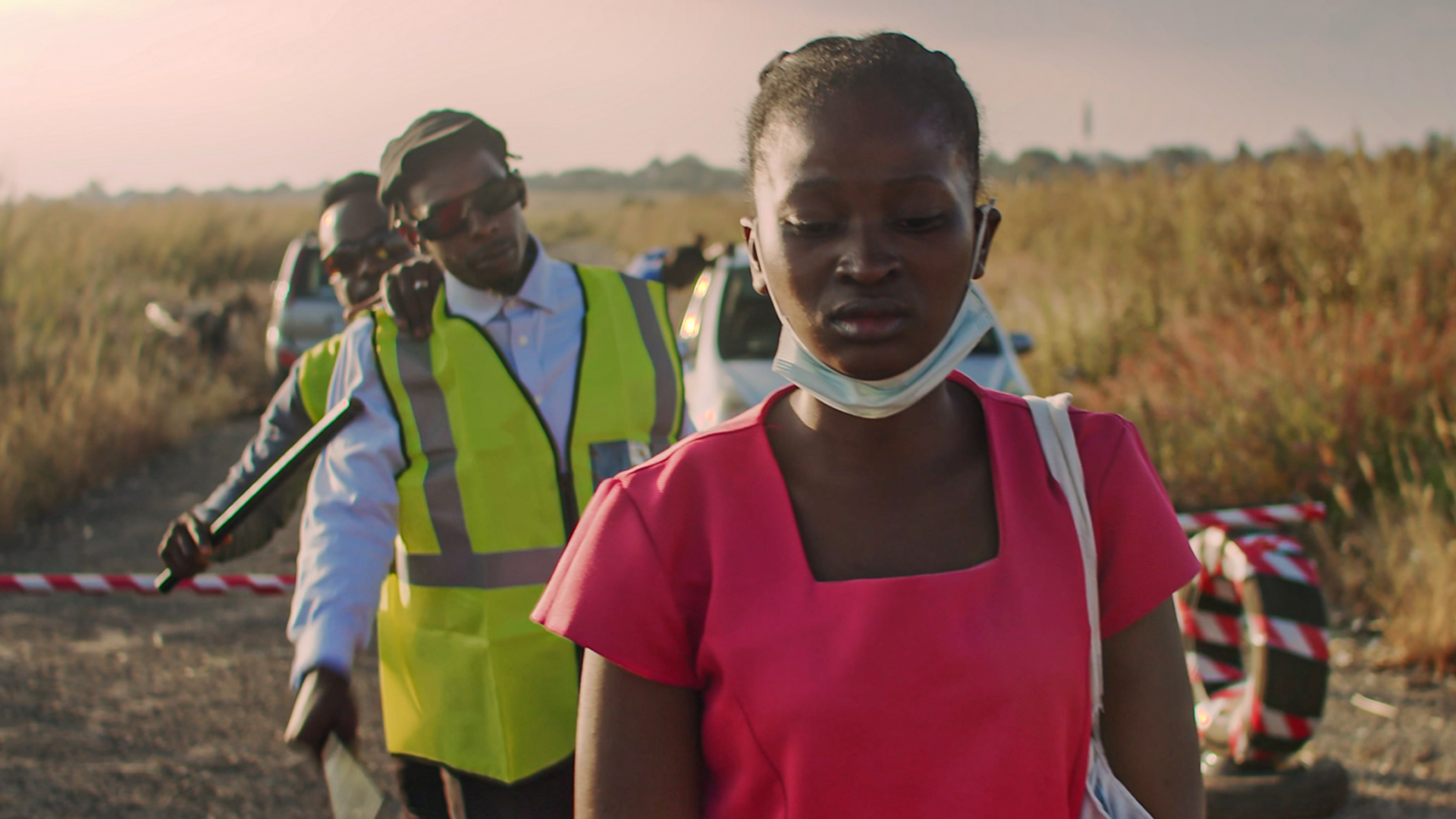



70 min, various languages with English subtitles
Equipped with the newest technologies, a scientist investigates a mysterious appearance in the forests of Graubünden (Switzerland). Uncovering the Unknown is a film about new biodiversity-monitoring methods and how the combined efforts of passionate researchers can help us better understand the (bio)diversity of our planet.
There are too many factors at play for people to have a successful mobility experience. Some of these are quite random, like in a video game. Pack-Body pictures the story of a successful and unsuccessful attempt at moving across borders.
In communities where people have experienced human-made trauma, silence around the trauma and mistrust are high, especially if there is no strong culture of sharing trauma. Despite some beliefs that marriage should heal, it can also lead to family problems.
CaSSIS is a high-resolution color stereo camera in orbit around Mars that takes remarkable images of the red planet. What mysteries has it revealed today? Who left these dark, curly tracks on the surface of Mars? Are there giant worms or devils? Together with Detective Nick and CaSSIS camera, we will demystify the secrets of the red planet.
Among the different species that inhabit our planet, one stands out from the others for its power and its impact on ecosystems: the Autosaurus Rex.
Collected, catalogued, and categorized. Sorted and stored. To be displayed in a wooden cabinet or left in the dark to slumber. But can you really contain a spirit or ghost? The present will always be haunted. Ghosted explores the imaginaries around objects in the ethnographic museum of Neuchâtel, as well as the haunting colonial past of the city in general.
See Me is a heartfelt deep-dive into experiences of young people in Zimbabwe living with HIV/AIDS and how they were affected by Covid-19 lockdown restrictions. The film takes us through some of their related struggles, including stigma discrimination, abuse, mental health, and gender-based violence.
Anna, Francesco, and eight-year-old Giorgio can’t afford a fancy holiday. Social pressure inspires them to fake a Bahamas vacation through photoshopped posts on social media. The deluge of likes and comments fuel an all-consuming dopamine rush.

Drama, Israel/Belgium, 2021, 92 min, Hebrew/Arabic with English subtitles
Written and directed by Orit Fouks Rotem.*
Followed by a discussion about social segregation and ways
to overcome it with the director Orit Fouks Rotem and the actress Joanna Said and Anukriti Dixit – researcher in public & social policy, University of Bern
Moderation: India James-Licher – researcher in neurosurgery with interests in Afro-Swiss culture, University of Bern
“Why do we all have to speak Hebrew?” asks the youngest participant in a film workshop for four Jewish and four Arab women. Guided by Rona, a young filmmaker from Tel Aviv, they learn to document their everyday world on film in weekly meetings at a community center. Their beliefs and prejudices are challenged. The realities of these women’s lives, which are usually very separate, are connected through the process of filming together.
21:00 Party
All interested are invited to join us in the REX Bar to celebrate, discuss and dance with DJ Julian Max
The Bern edition of the Global Science Film Festival is initiated by the Swiss Science Film Academy and mLAB of the University of Bern. It is funded by the University of Bern.
Institutional Partners: University of Zurich, ETH Zürich, Universität Basel
Directors of the Festival: Samer Angelone (Swiss Science Film Academy) and Susan Thieme and Mirko Winkel (both mLAB, Institute of Geography University of Bern)
Organization in Bern supported by Luca Tschiderer
Administration: Fabienne Frey
Media Relations, University of Bern: Ivo Schmucki
Supporting students from the University of Bern: Sabrina Althaus, Manuel Belser, Sara Binggeli, Anna Brügger, Adarshi Ferrazzini, Chiara Gisler, Gian-Luca Grünenfelder, Sofia Kessler, Sophia Kevic, Mirja Kipfer, Elisa Meyer, Linus Minder, Julie Mosimann, Elisa Probst, Anuscha Sacks, Mauro Schmid and Milena Wallner
We are grateful for the support of all our partners, in particular the External Relations, UniBE International Office.
A special thanks goes to the Faculty of Science of our university